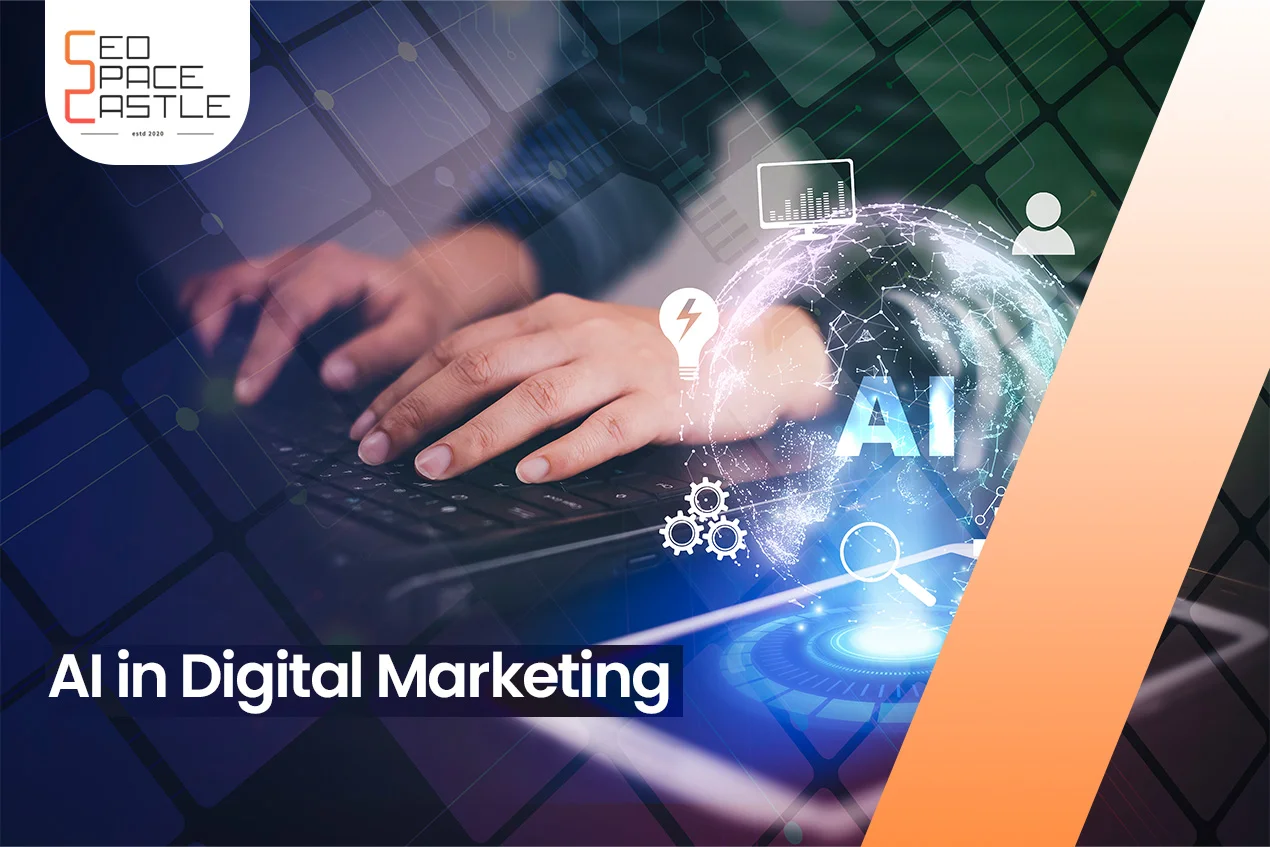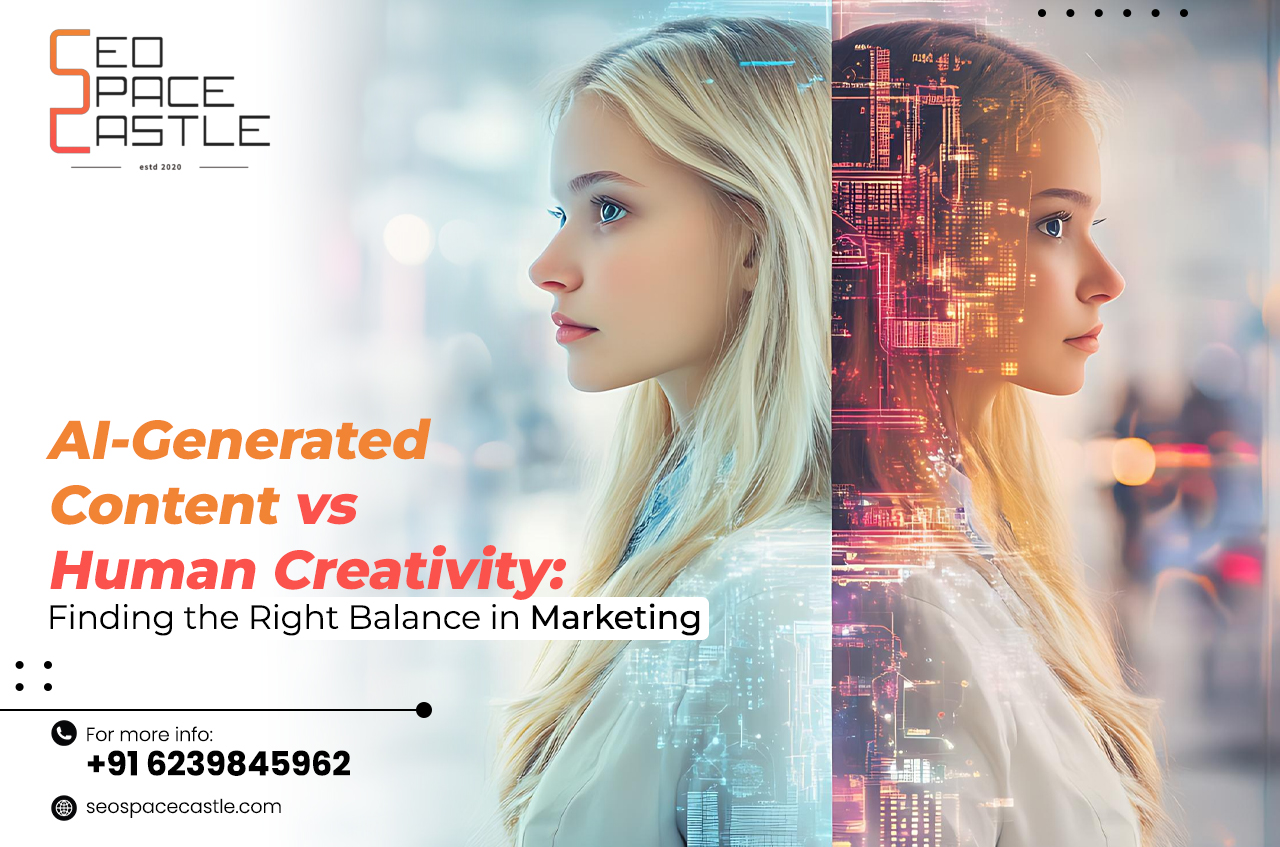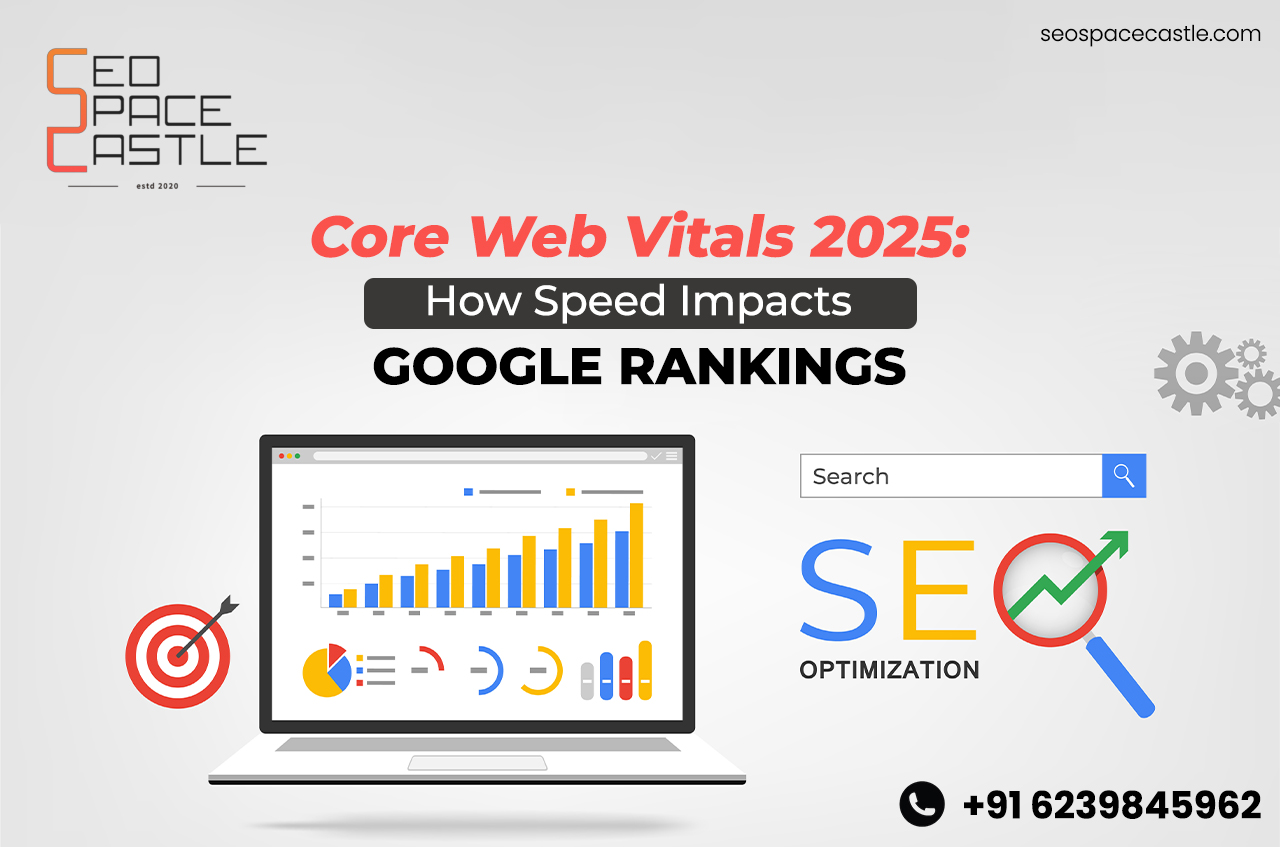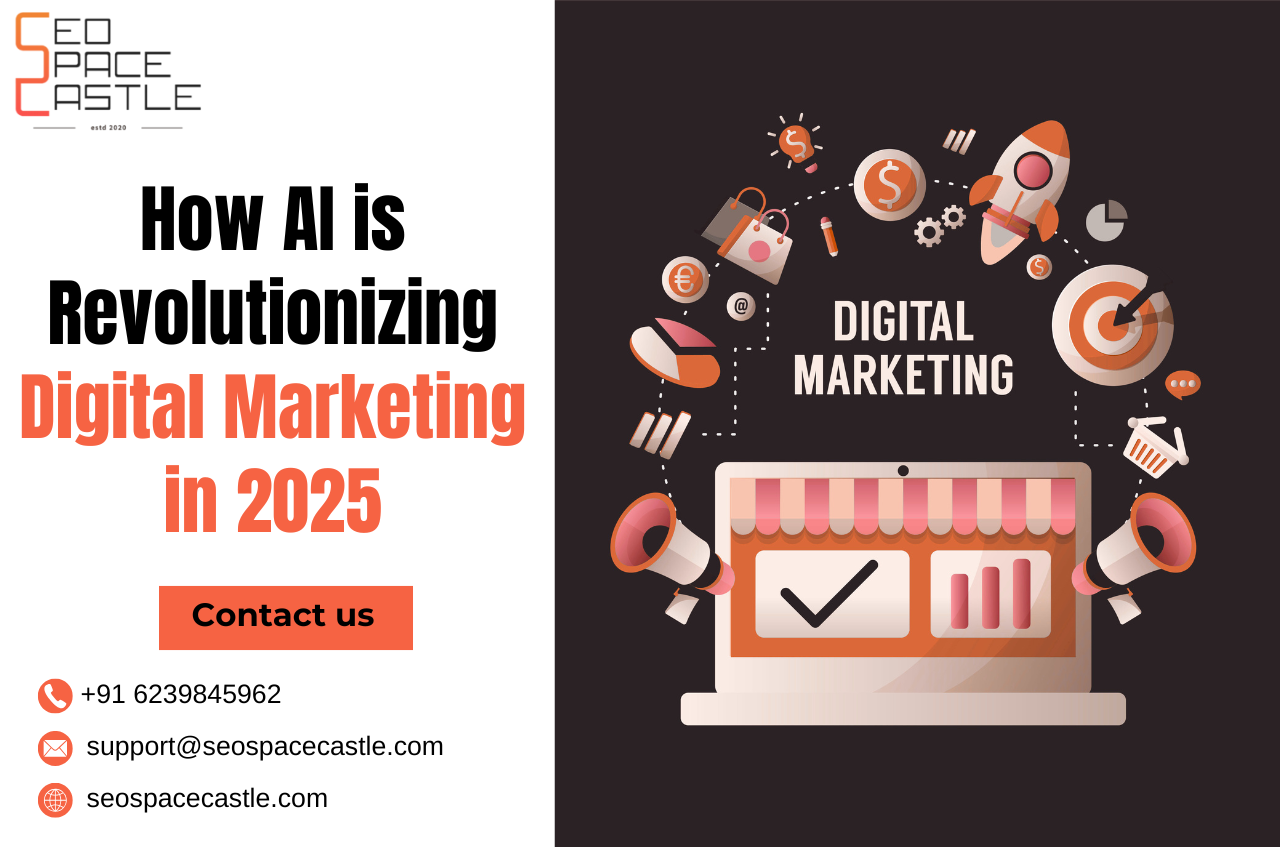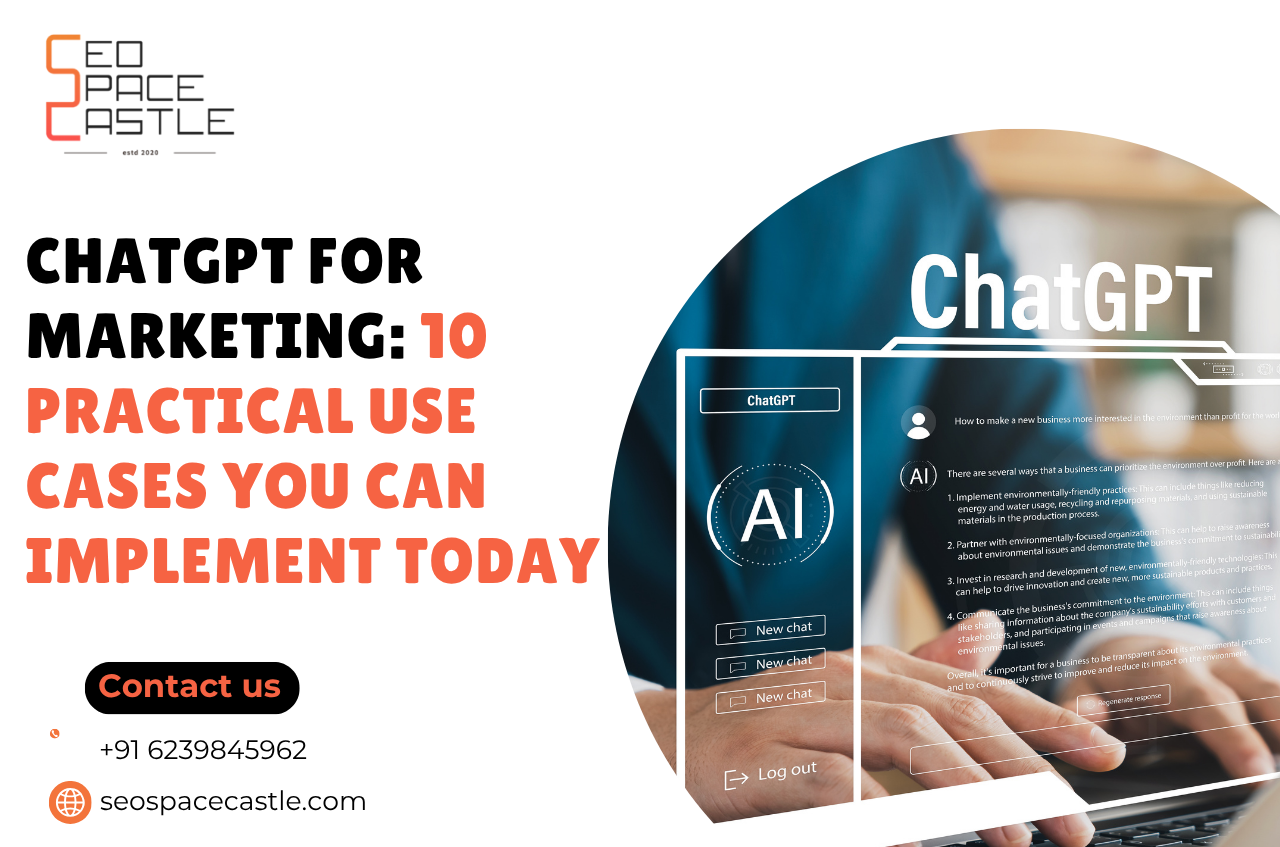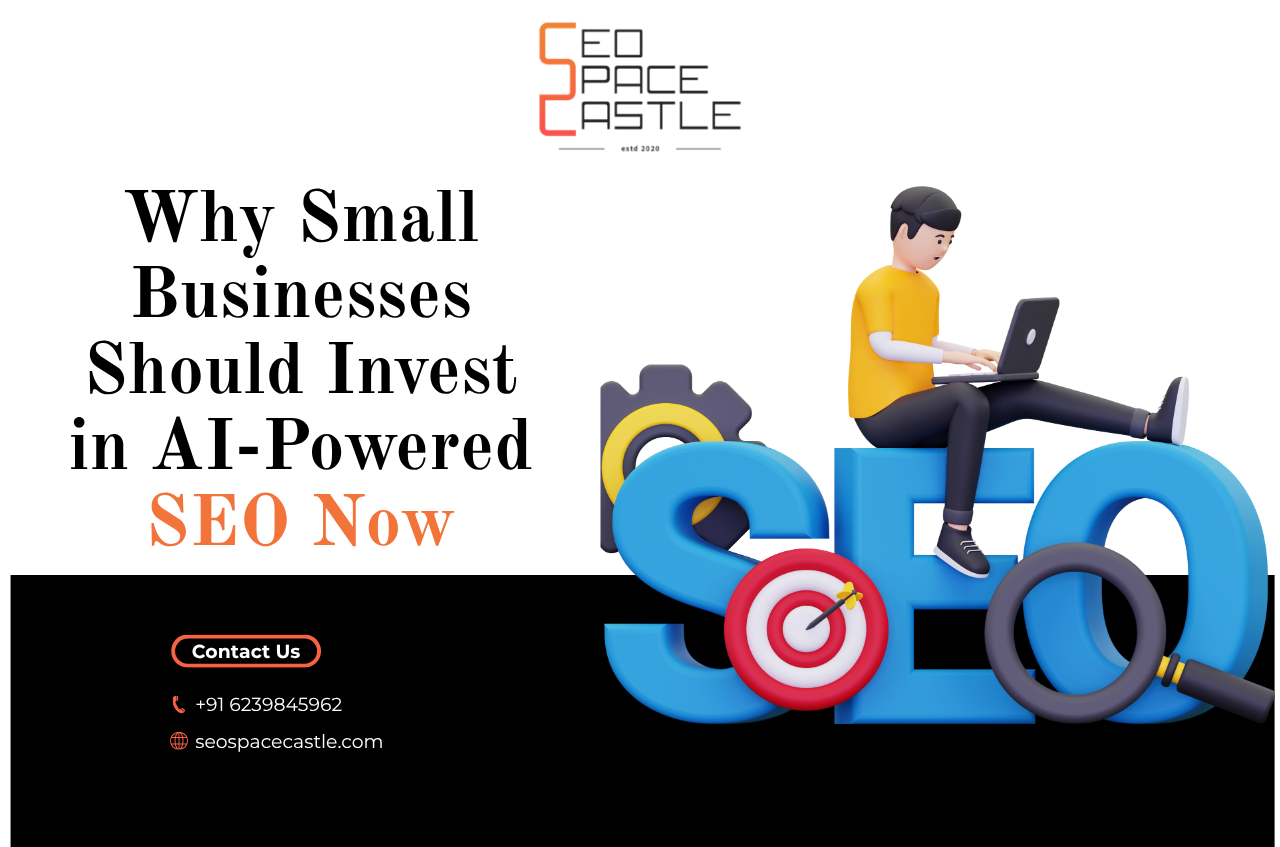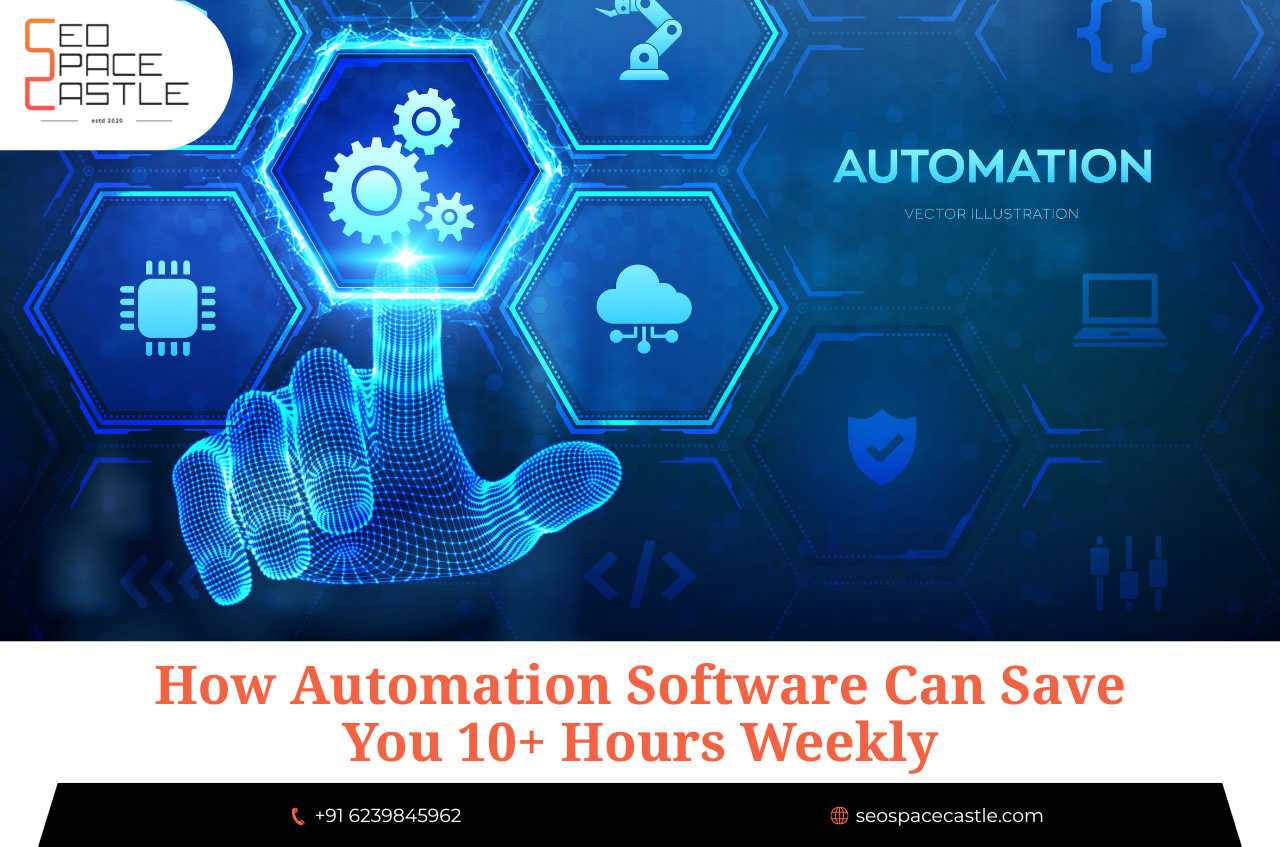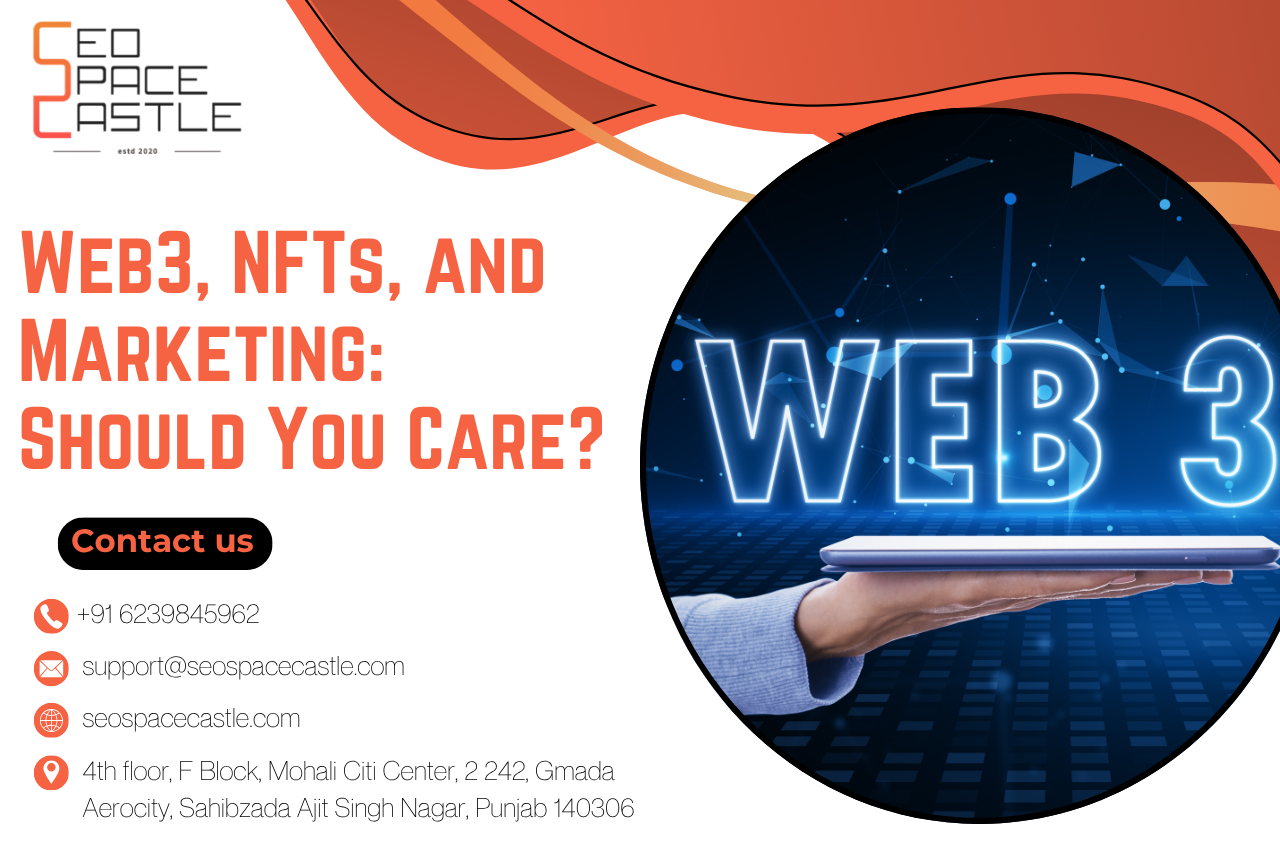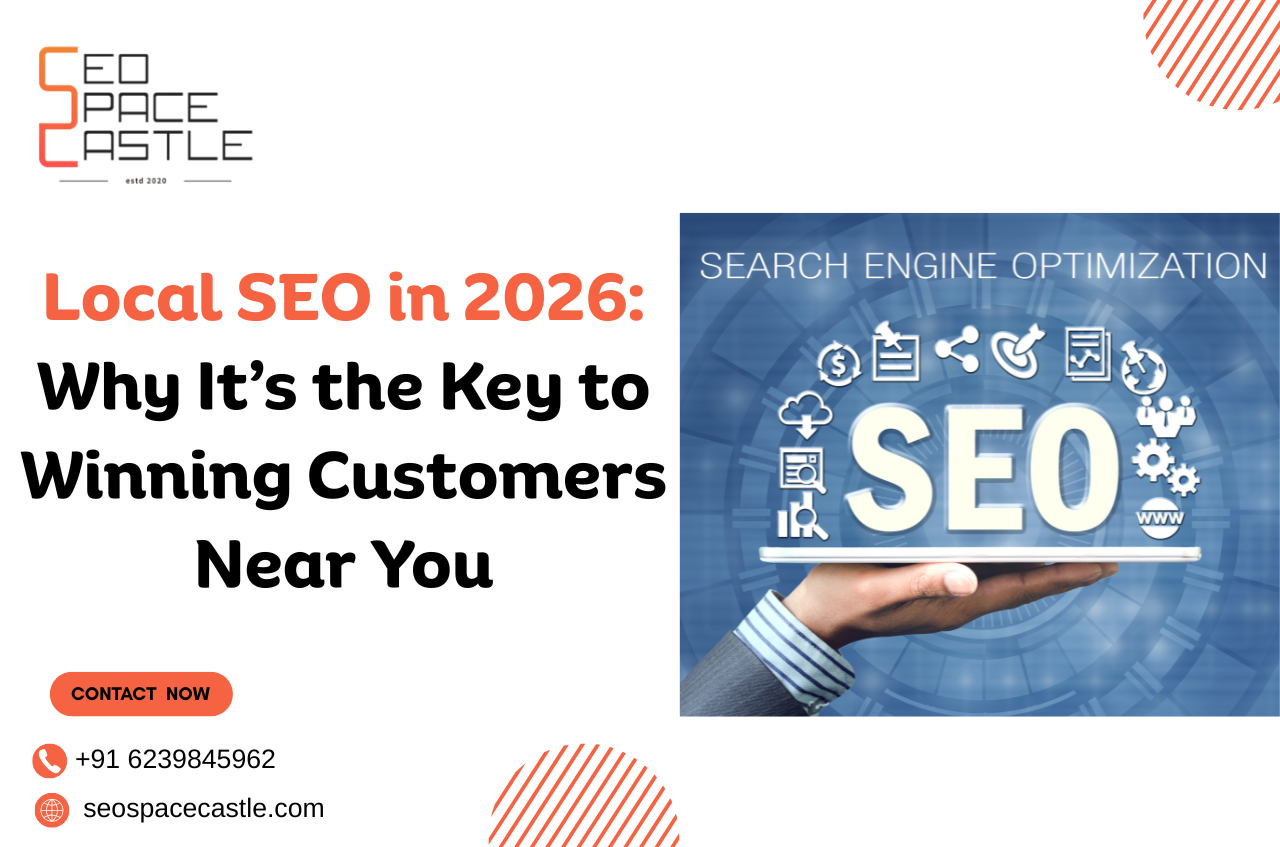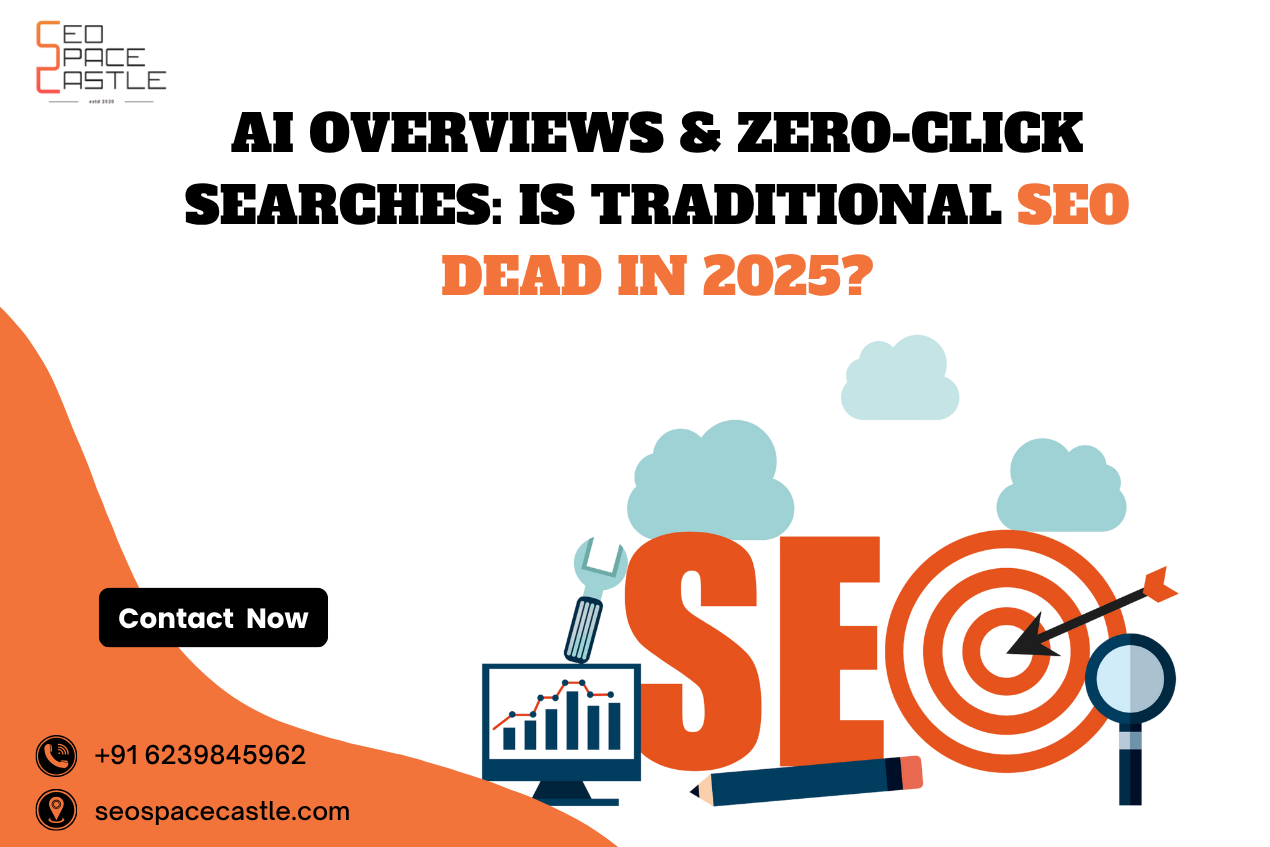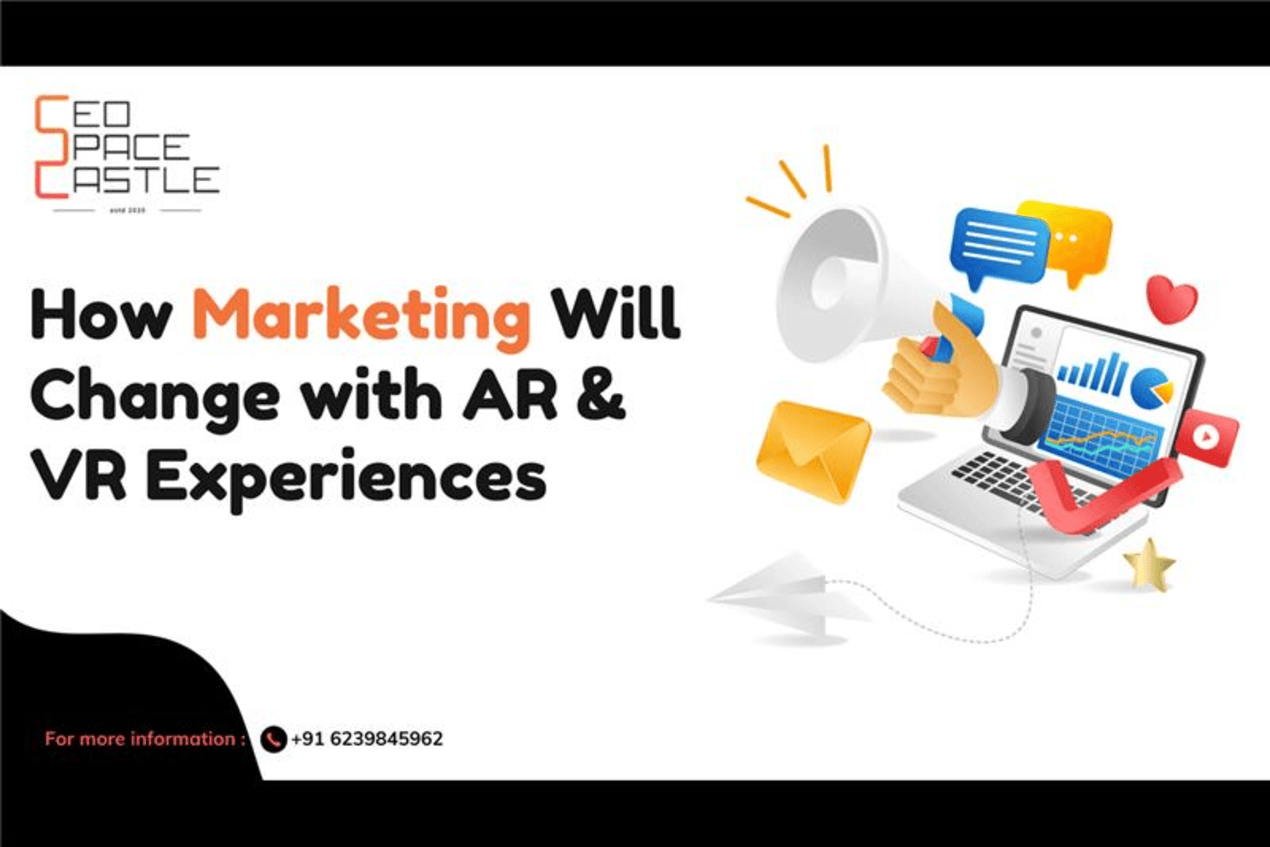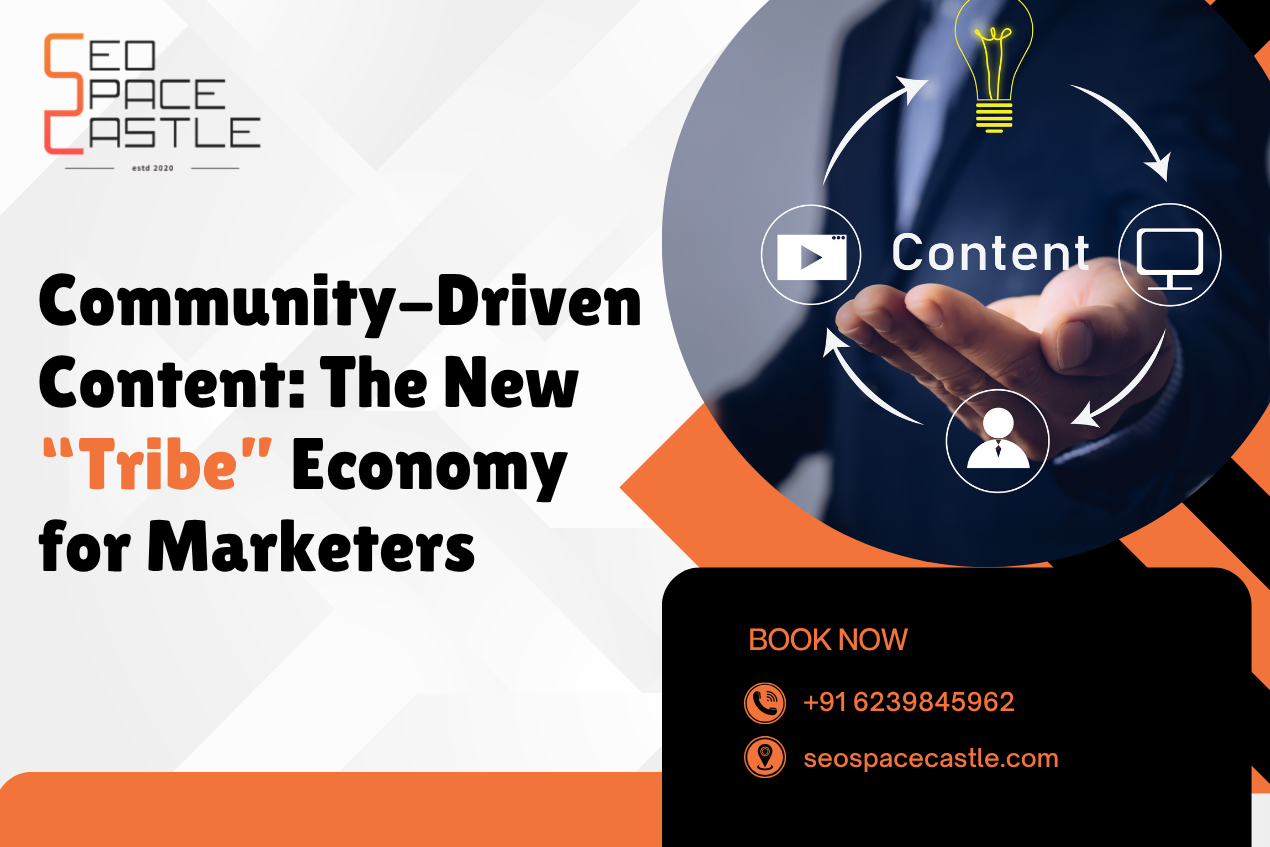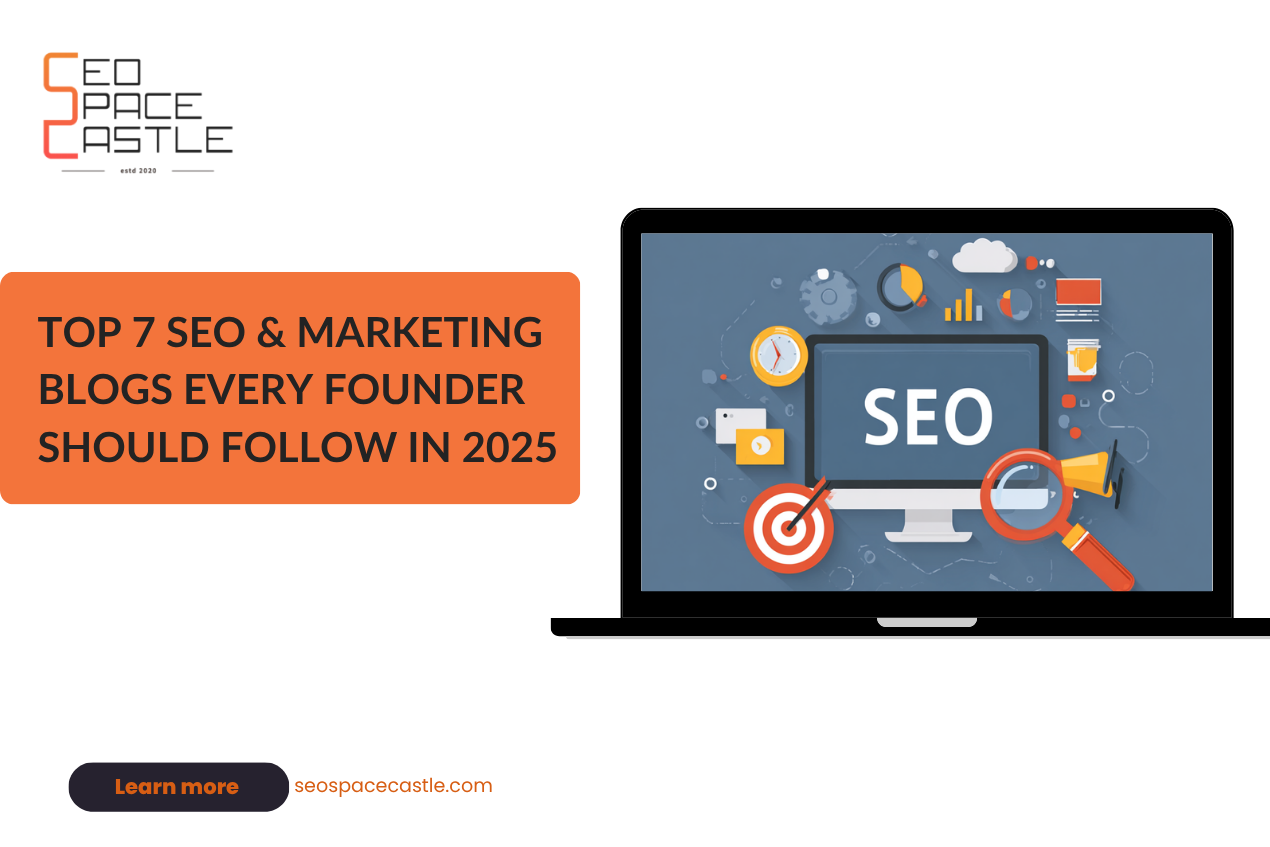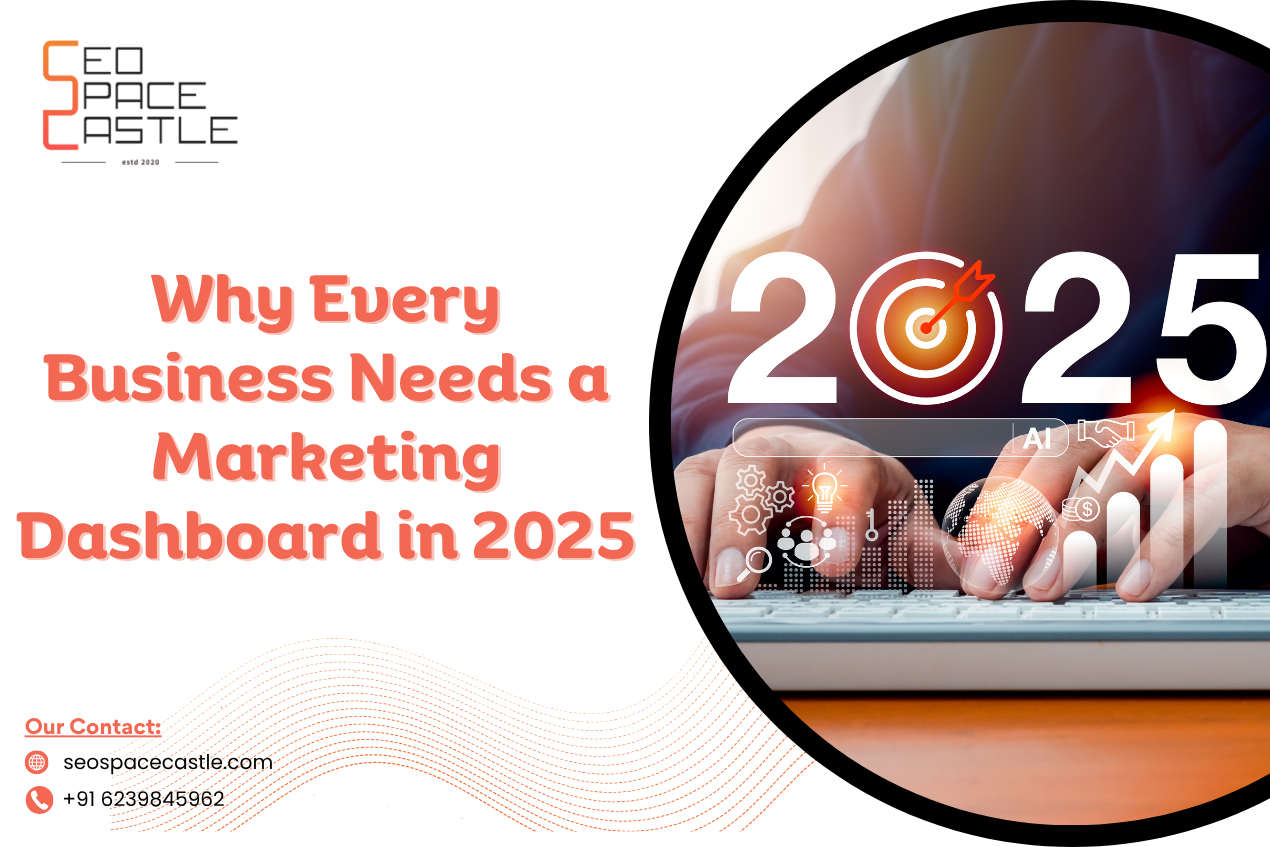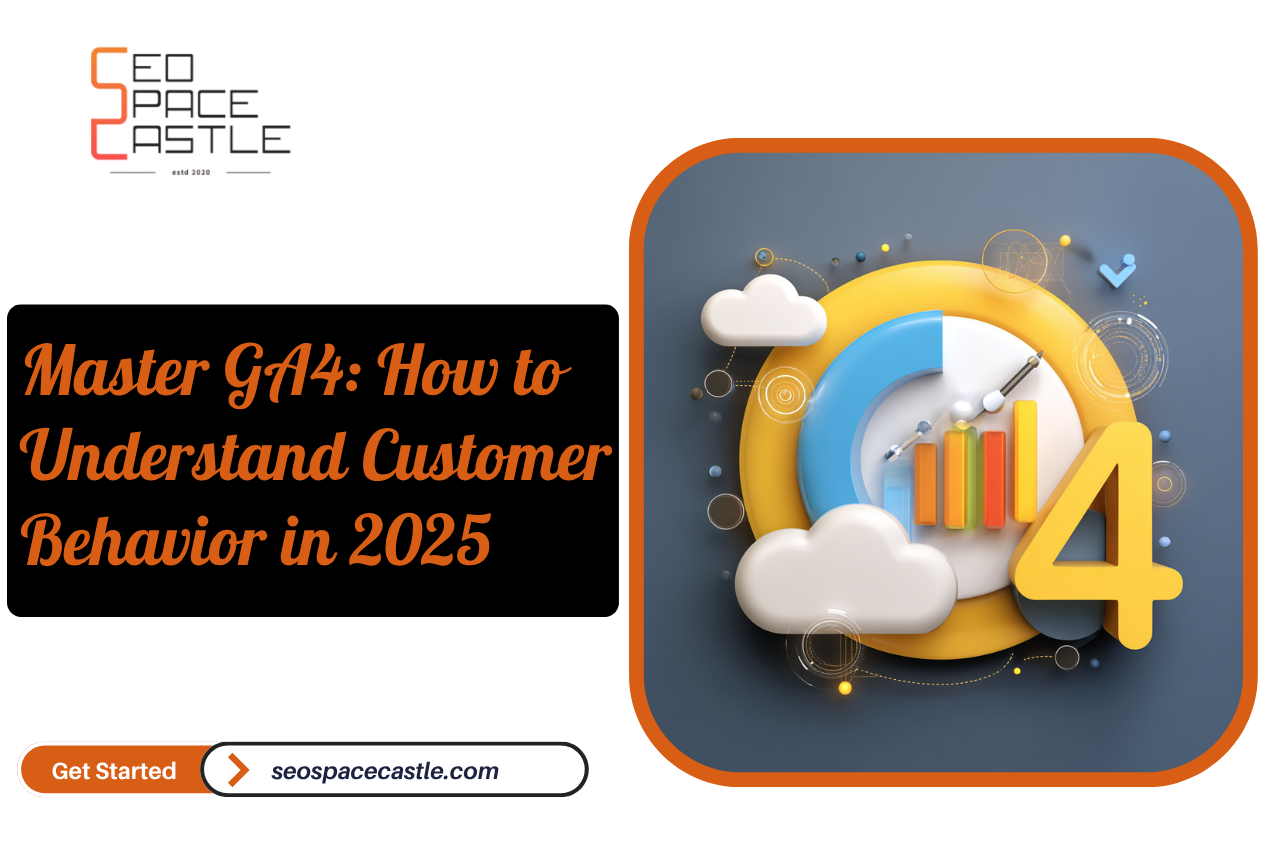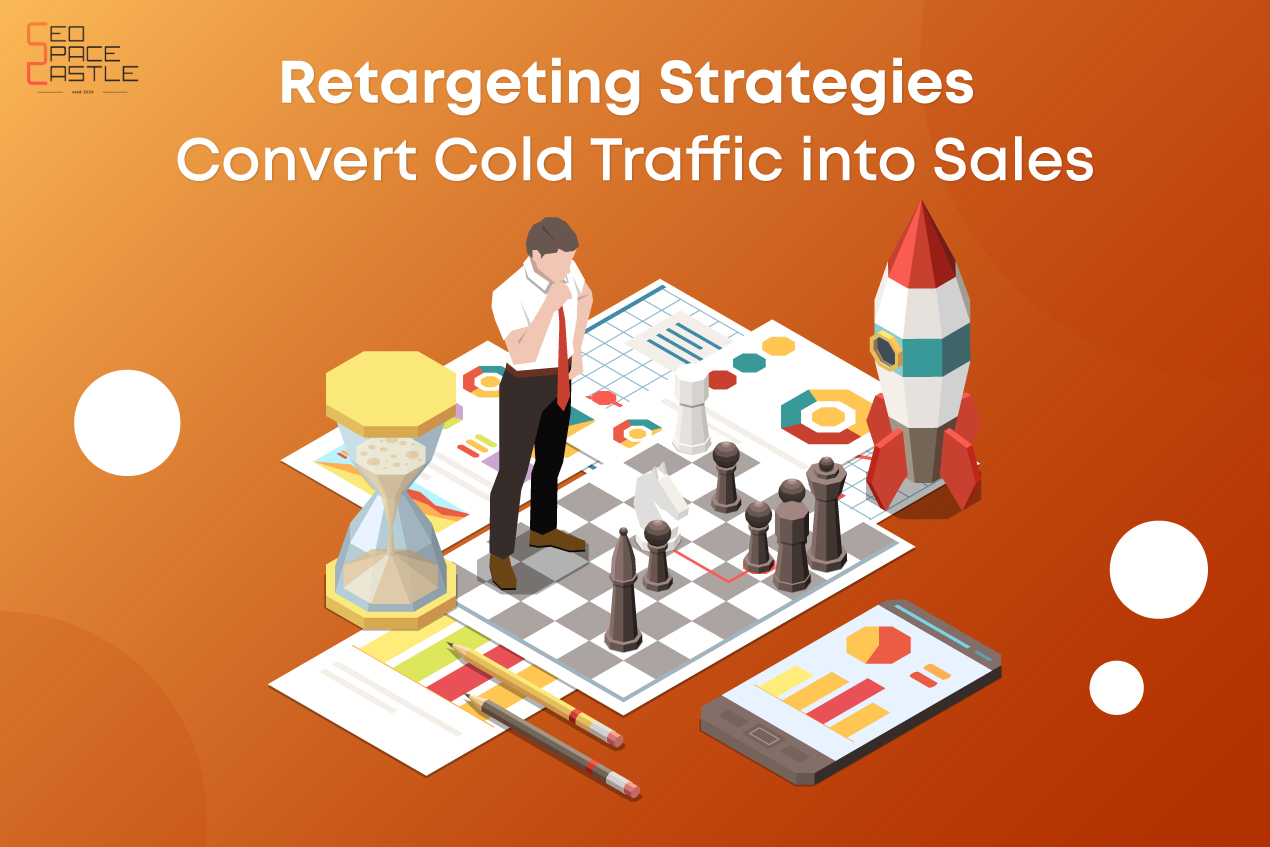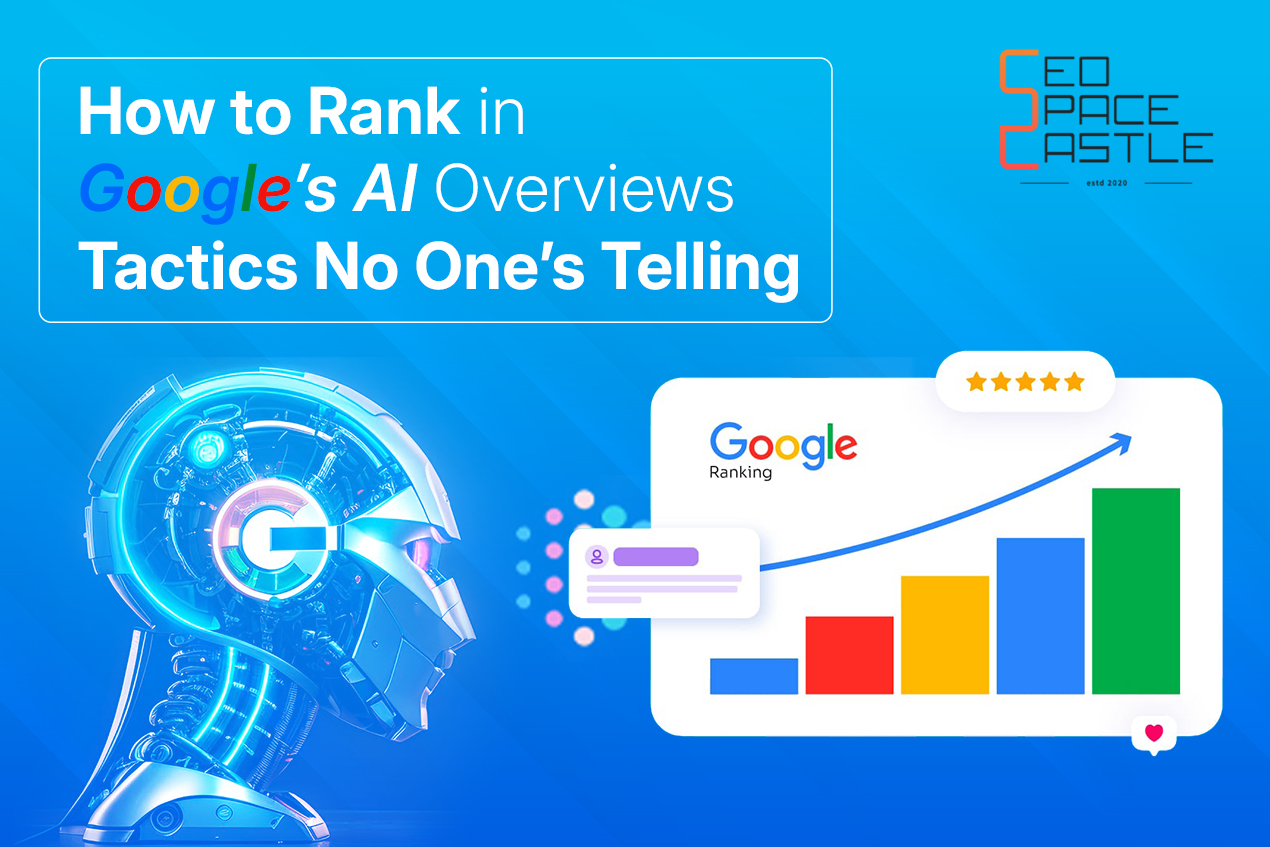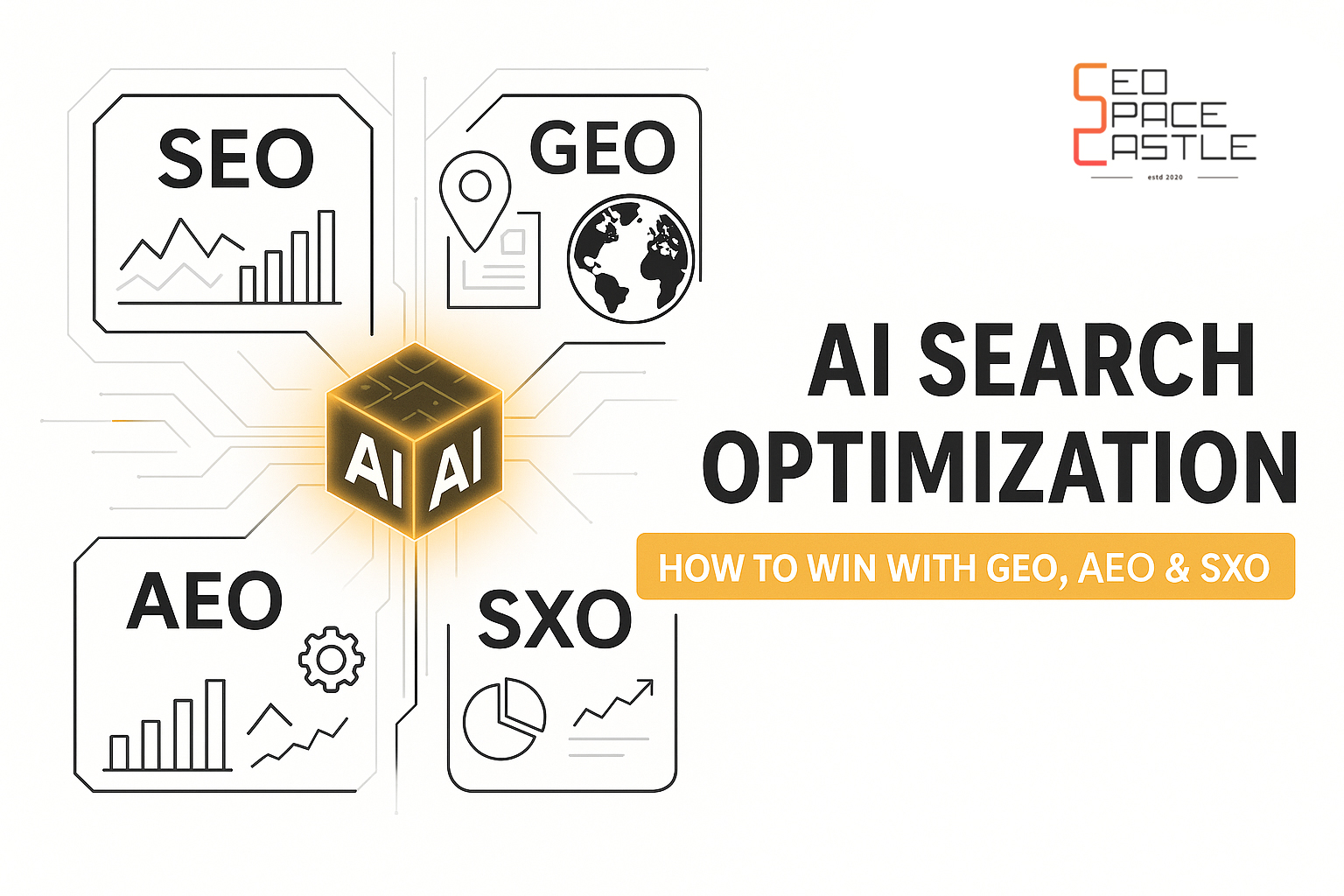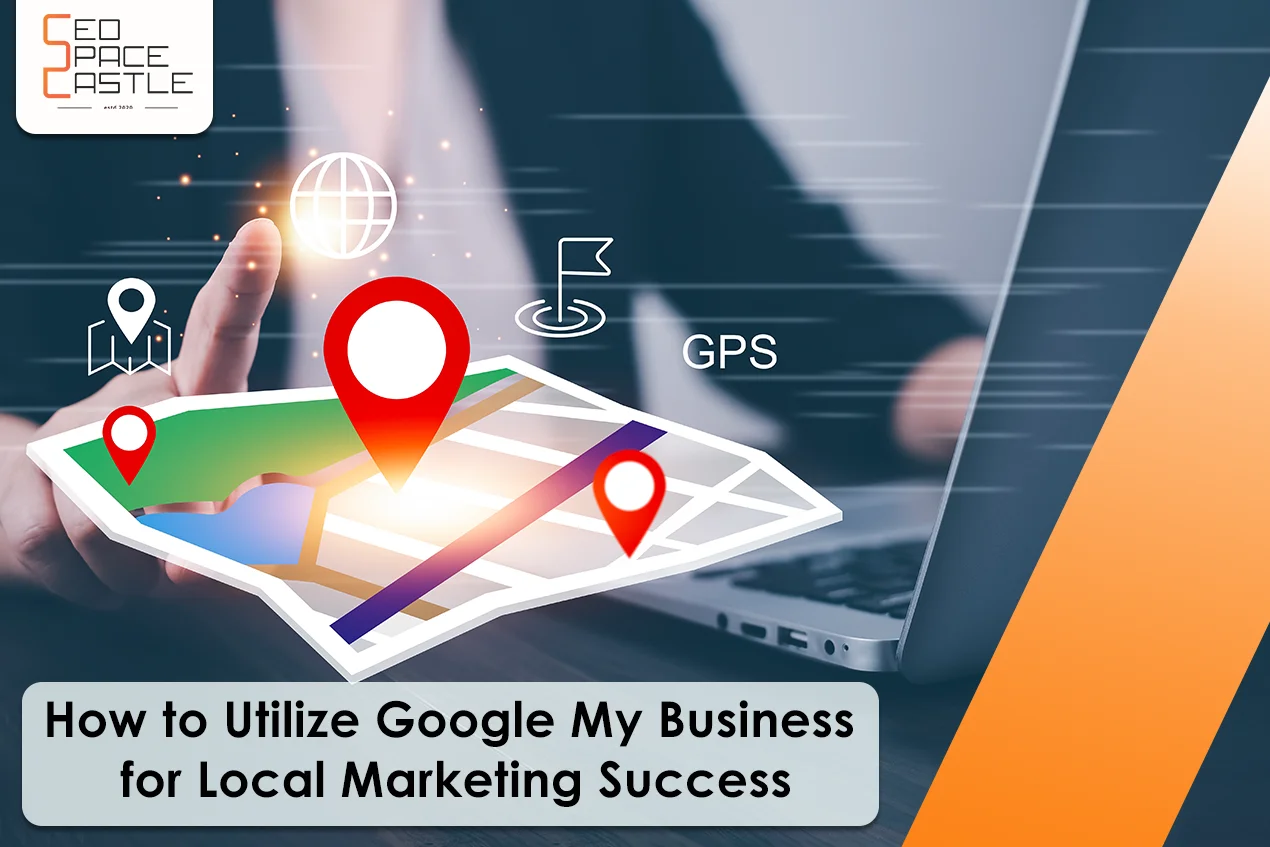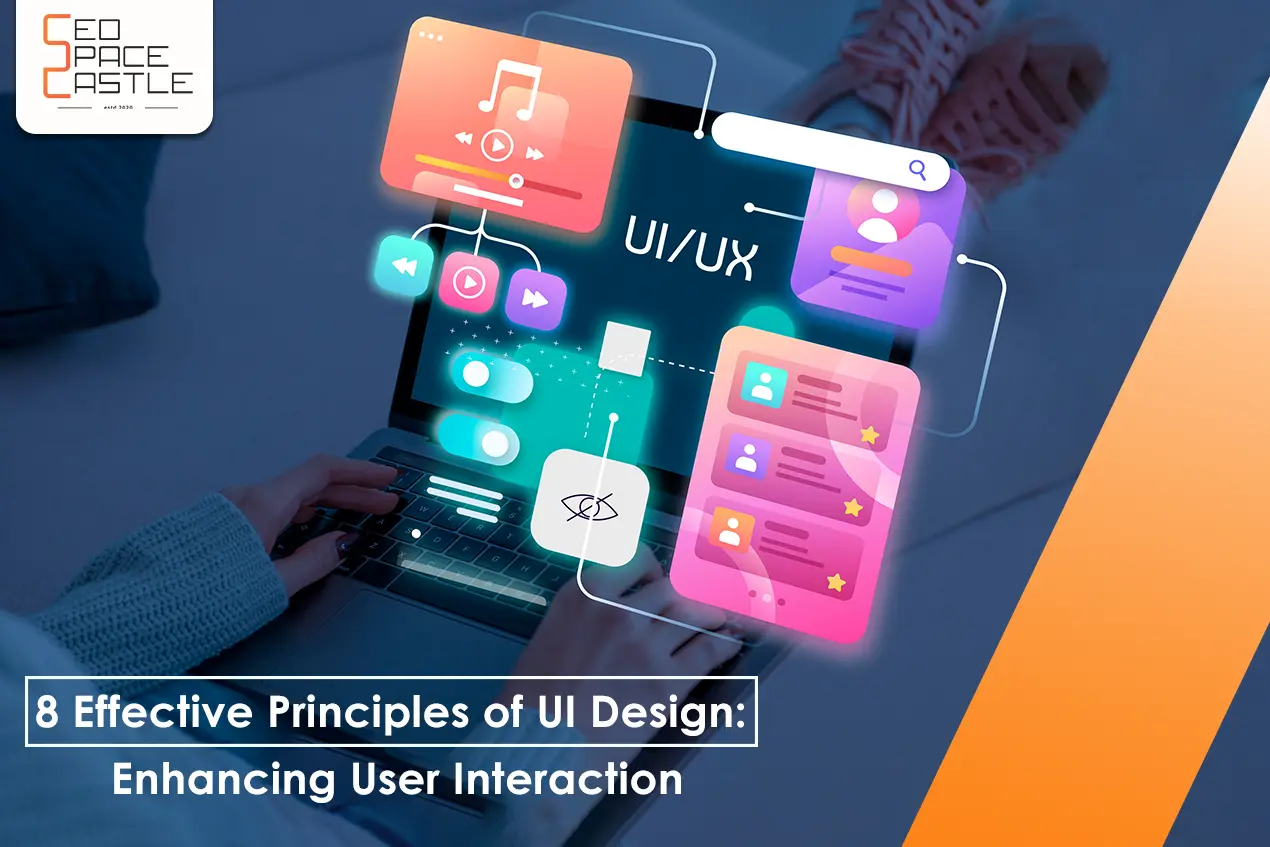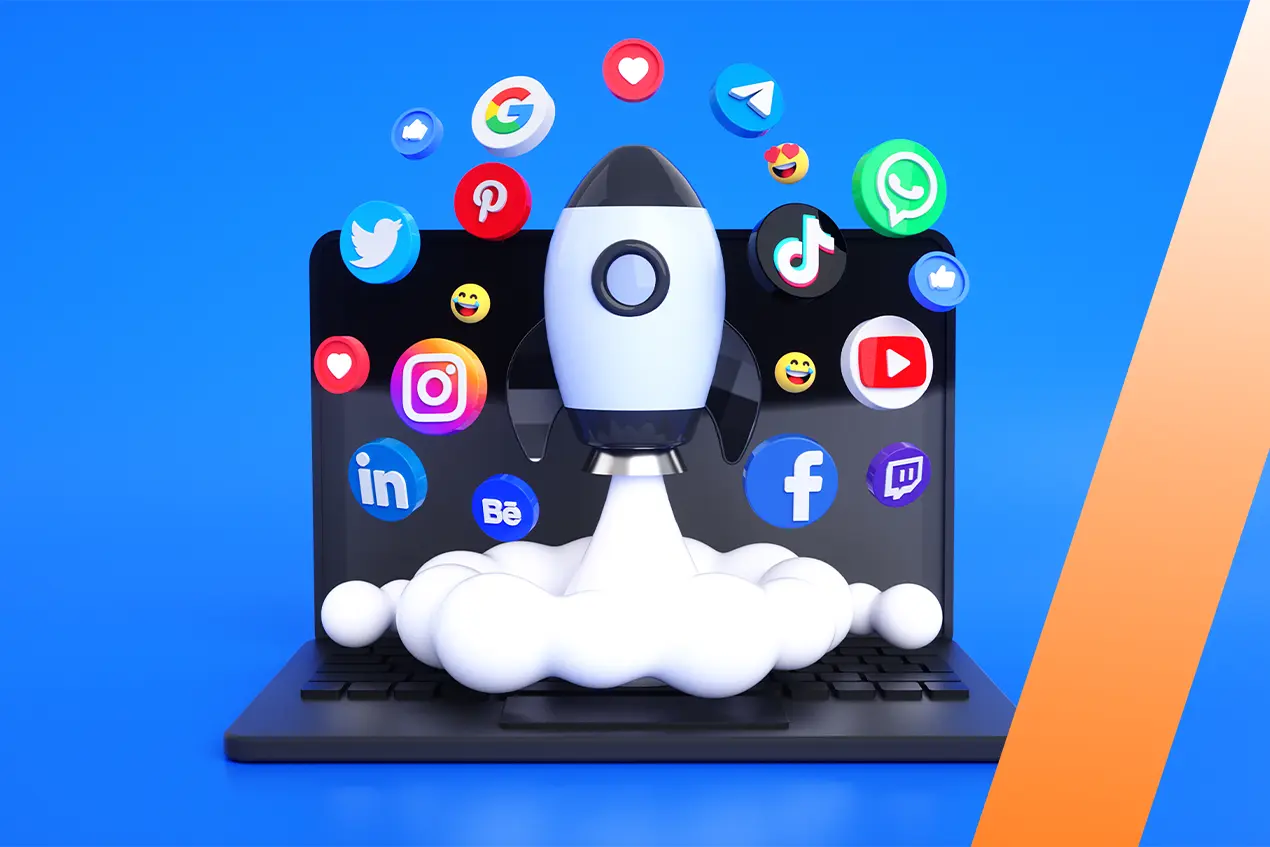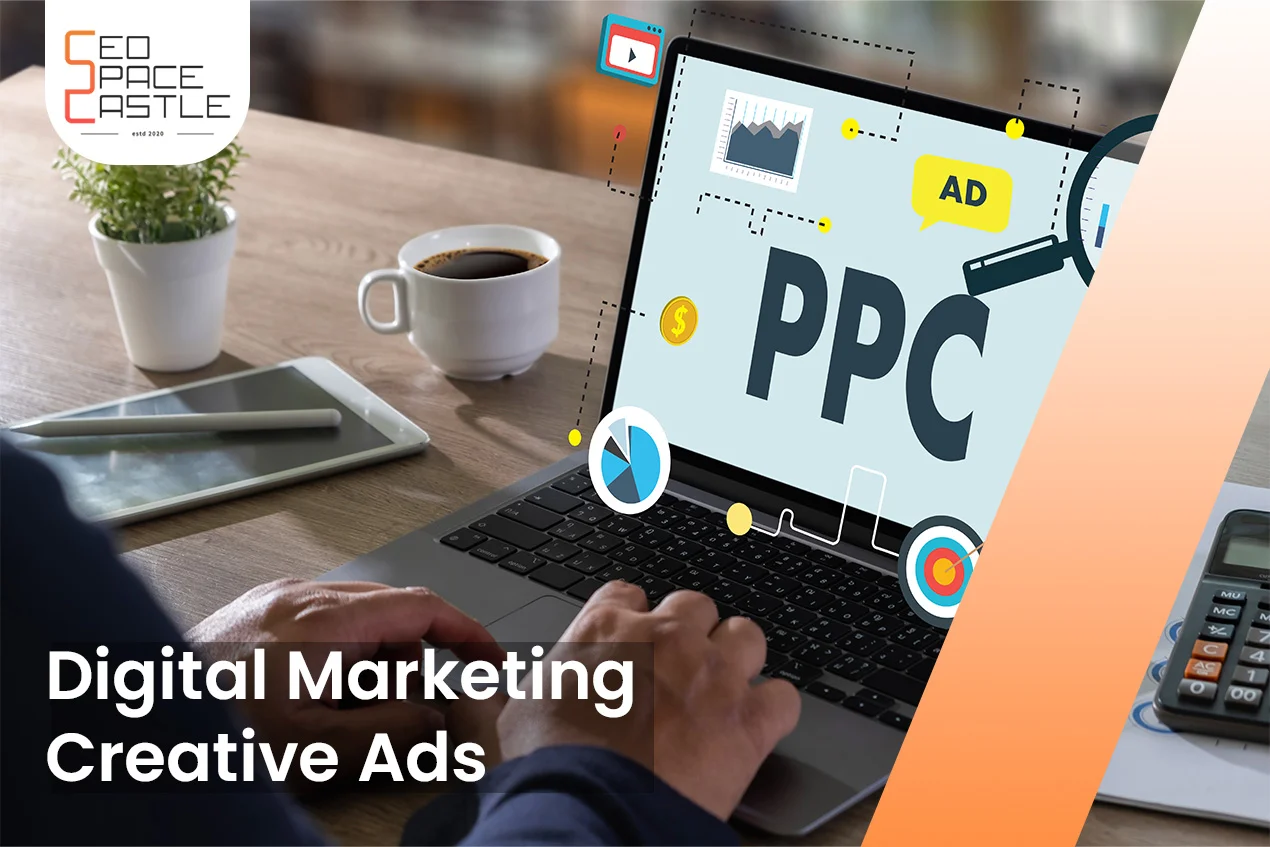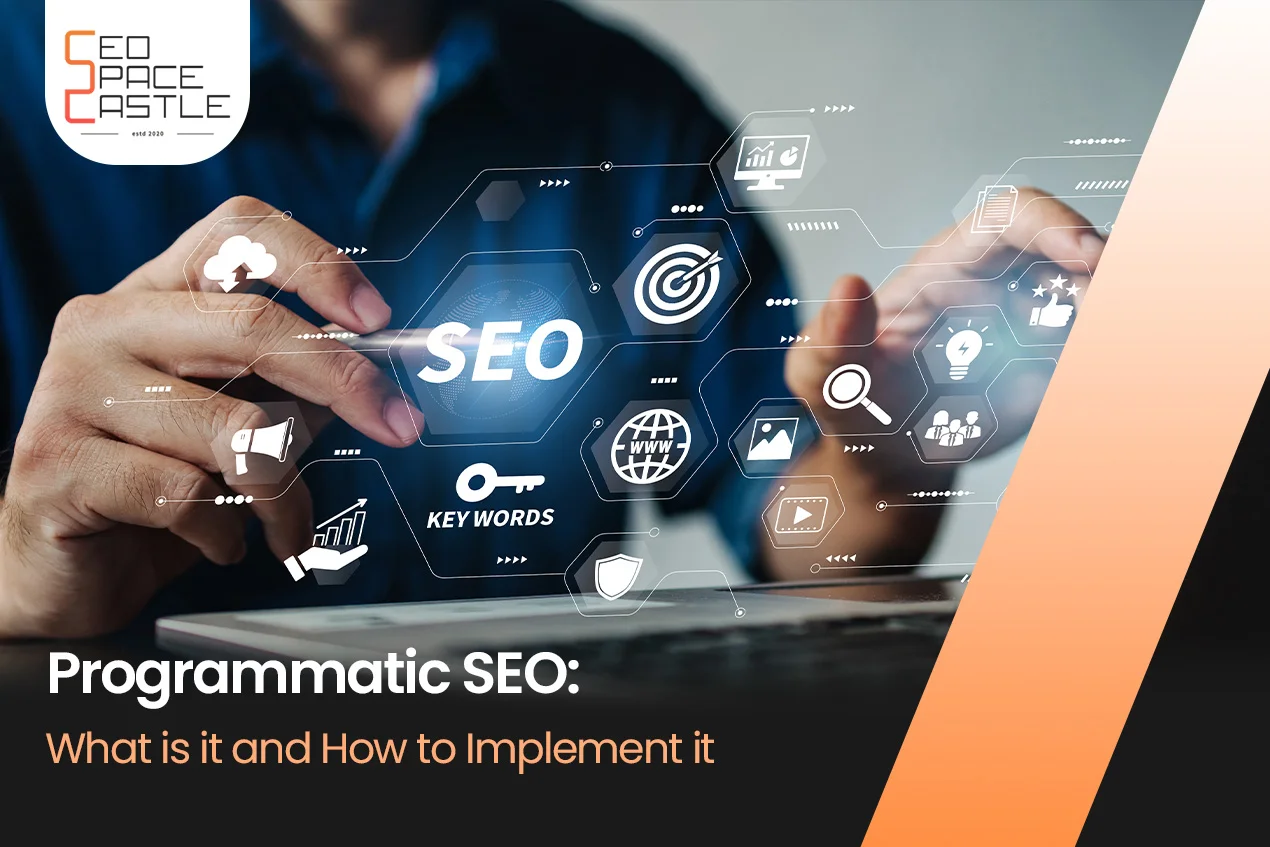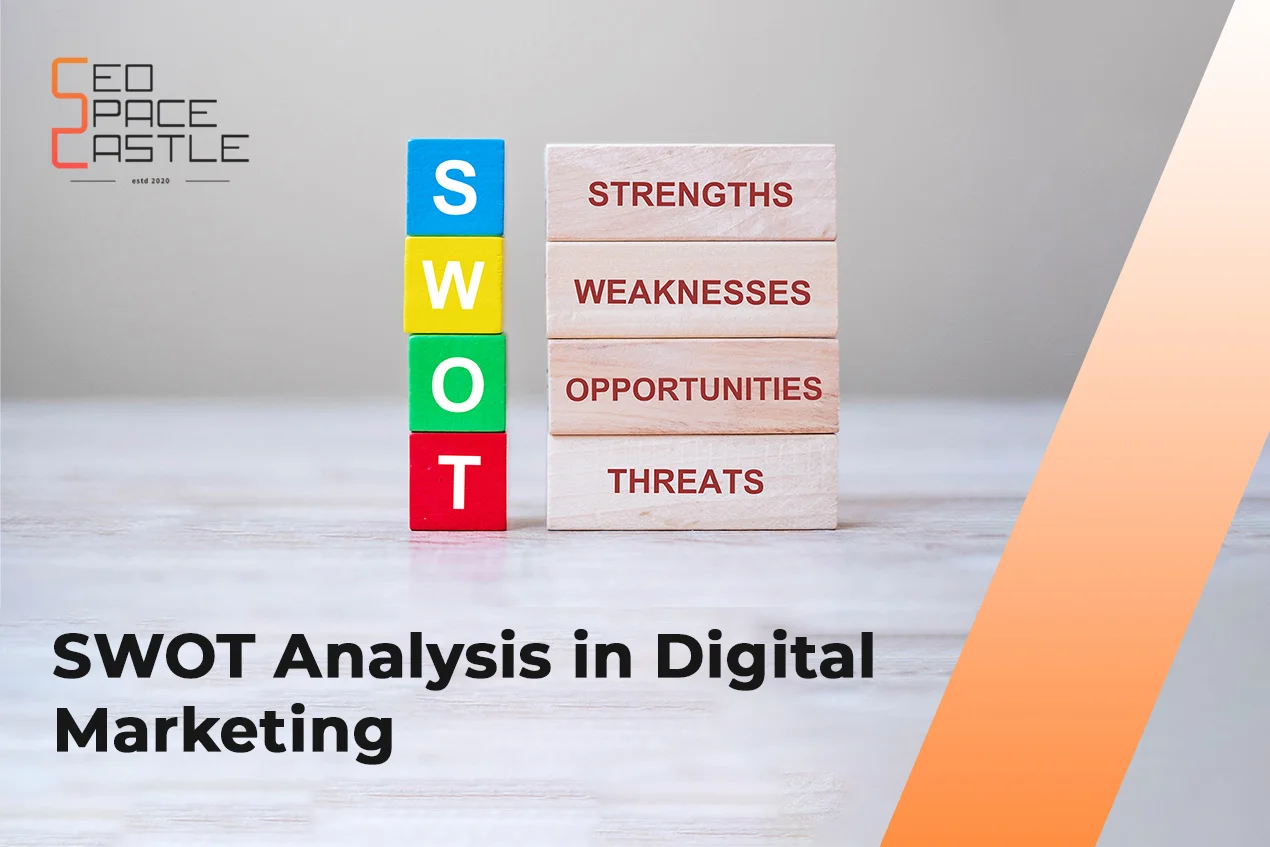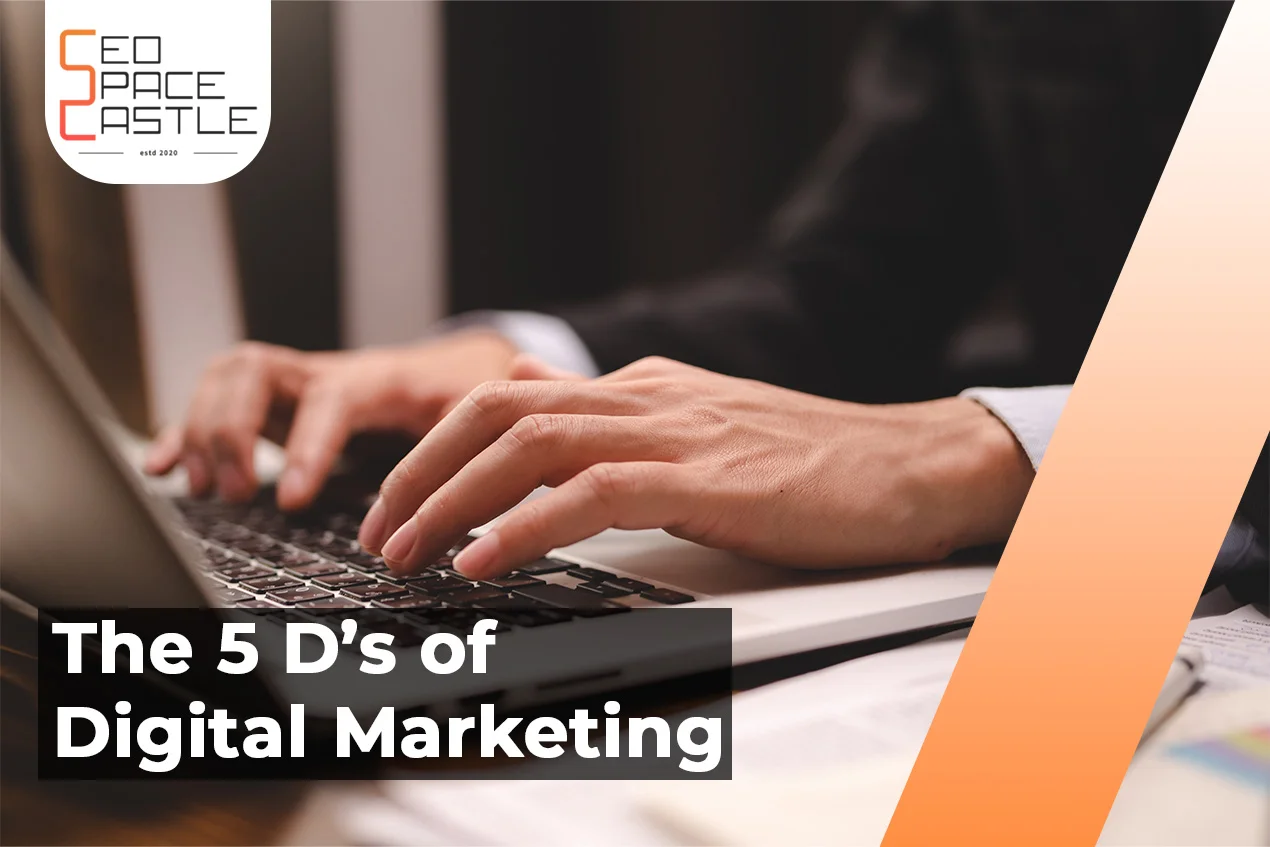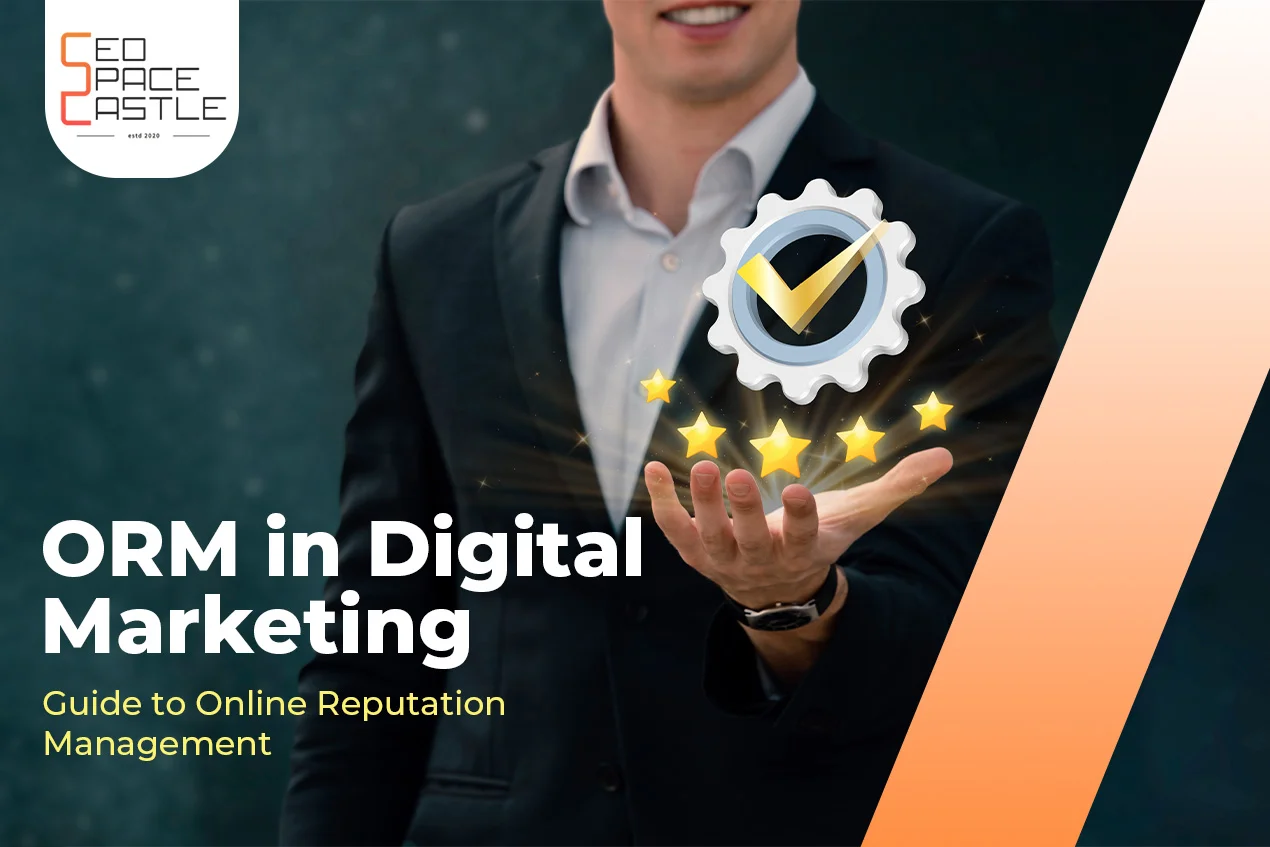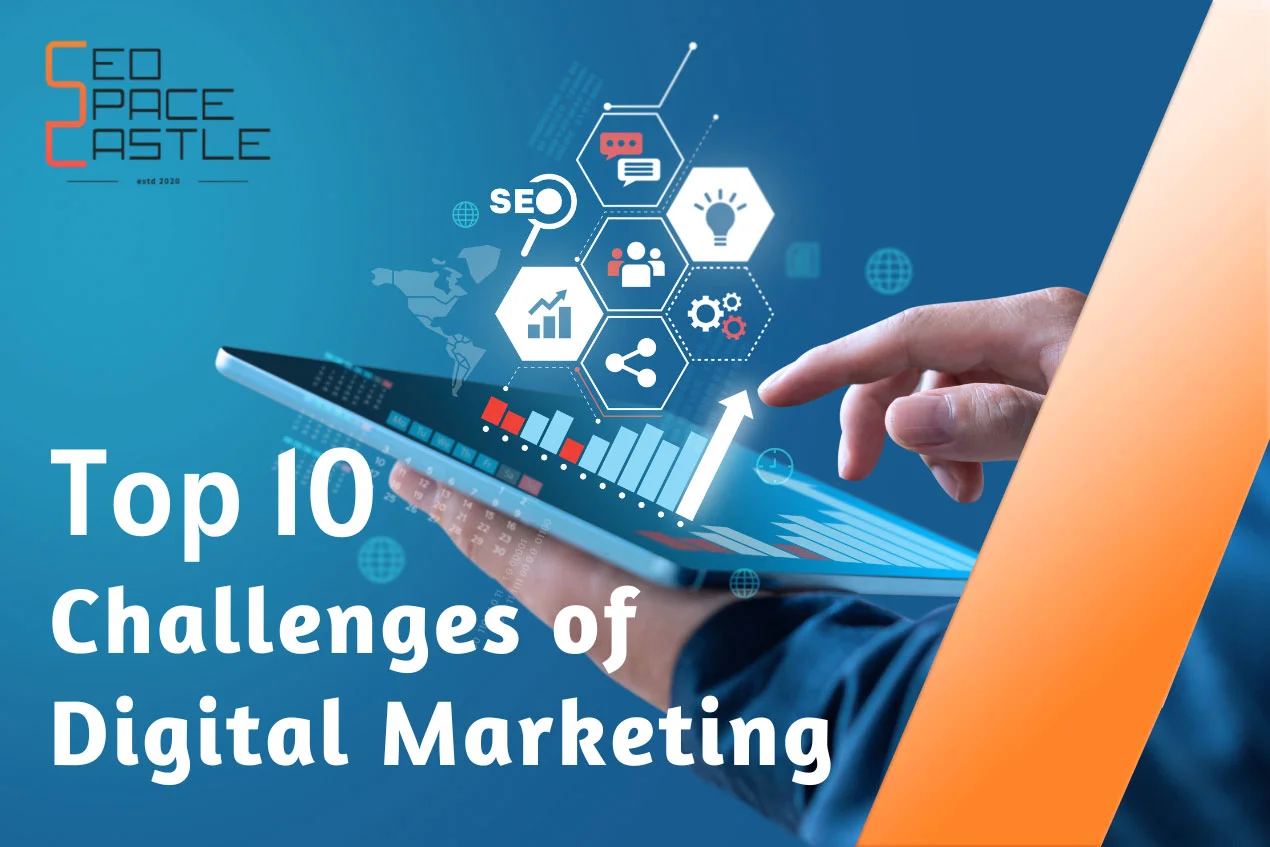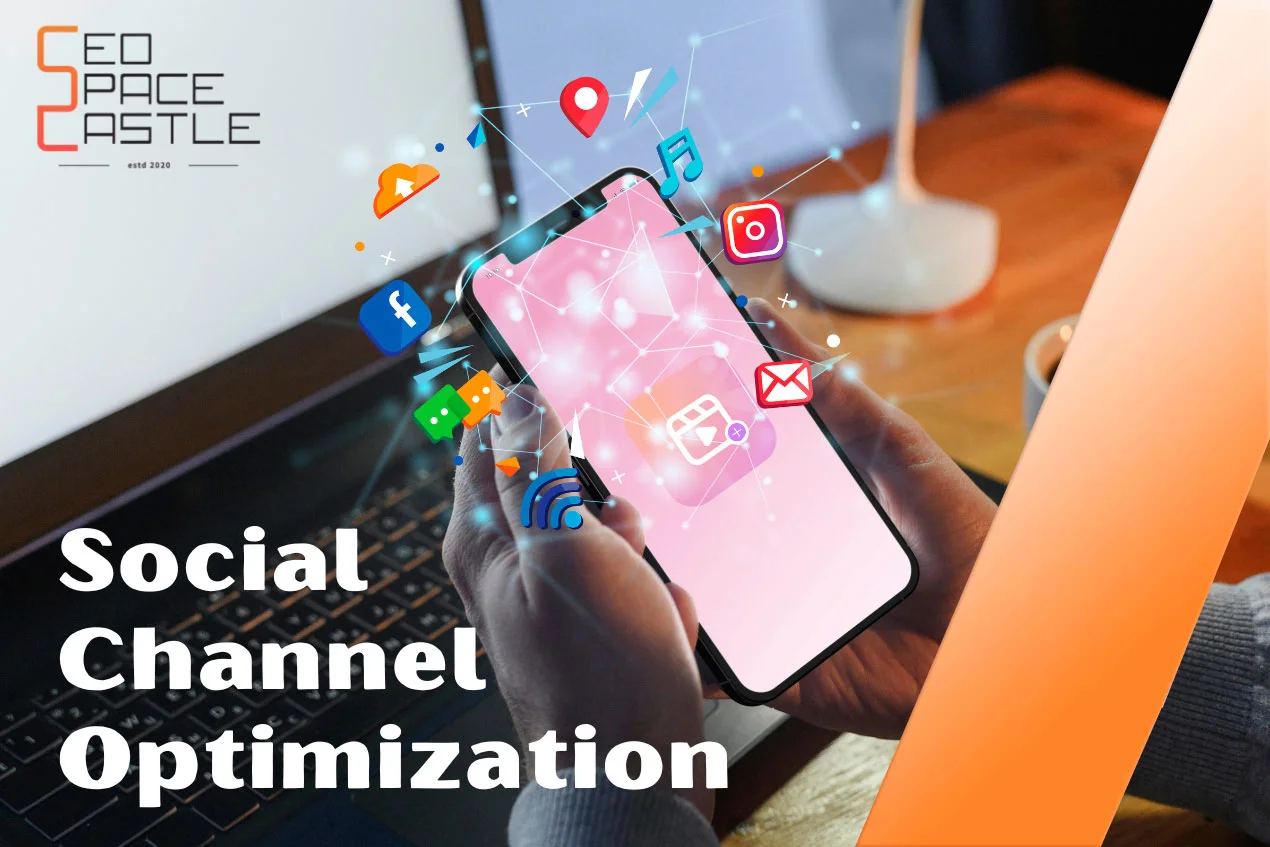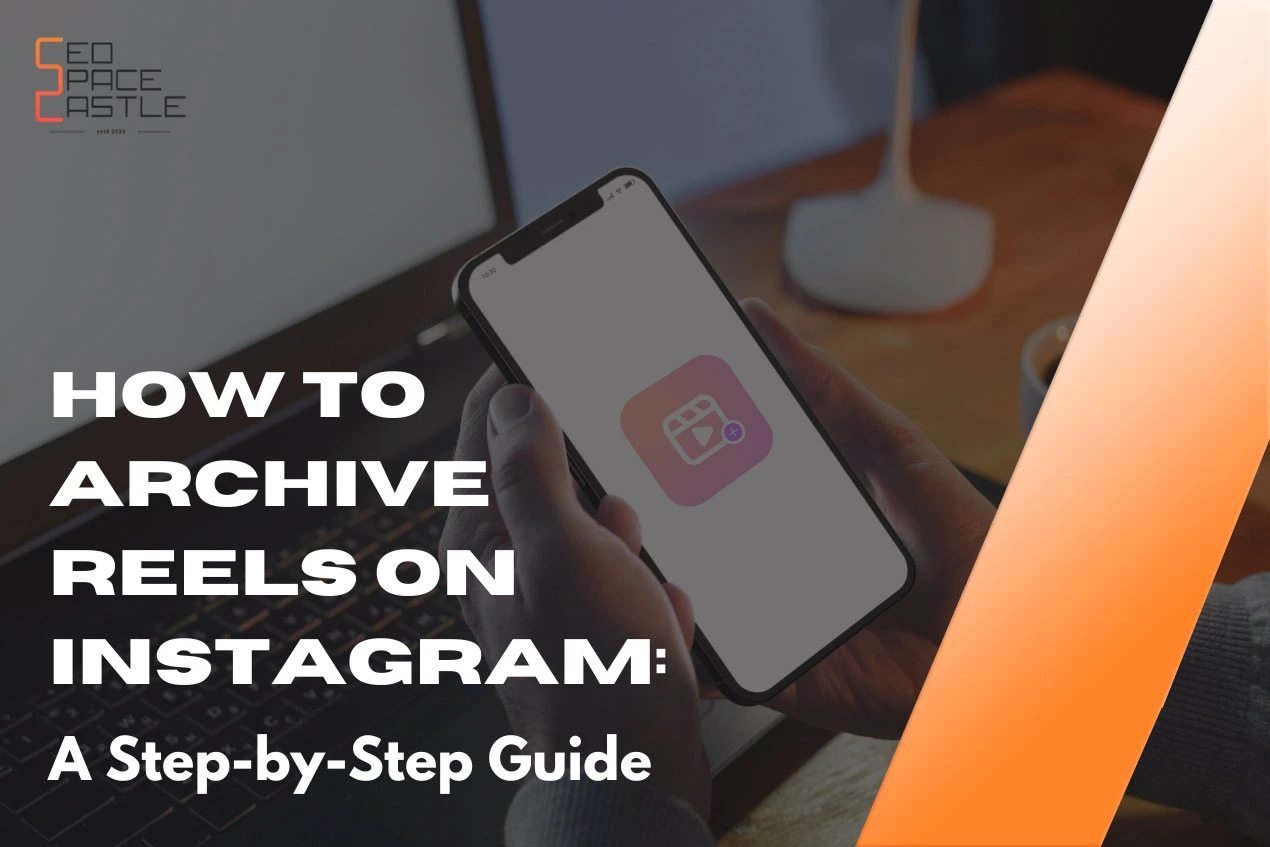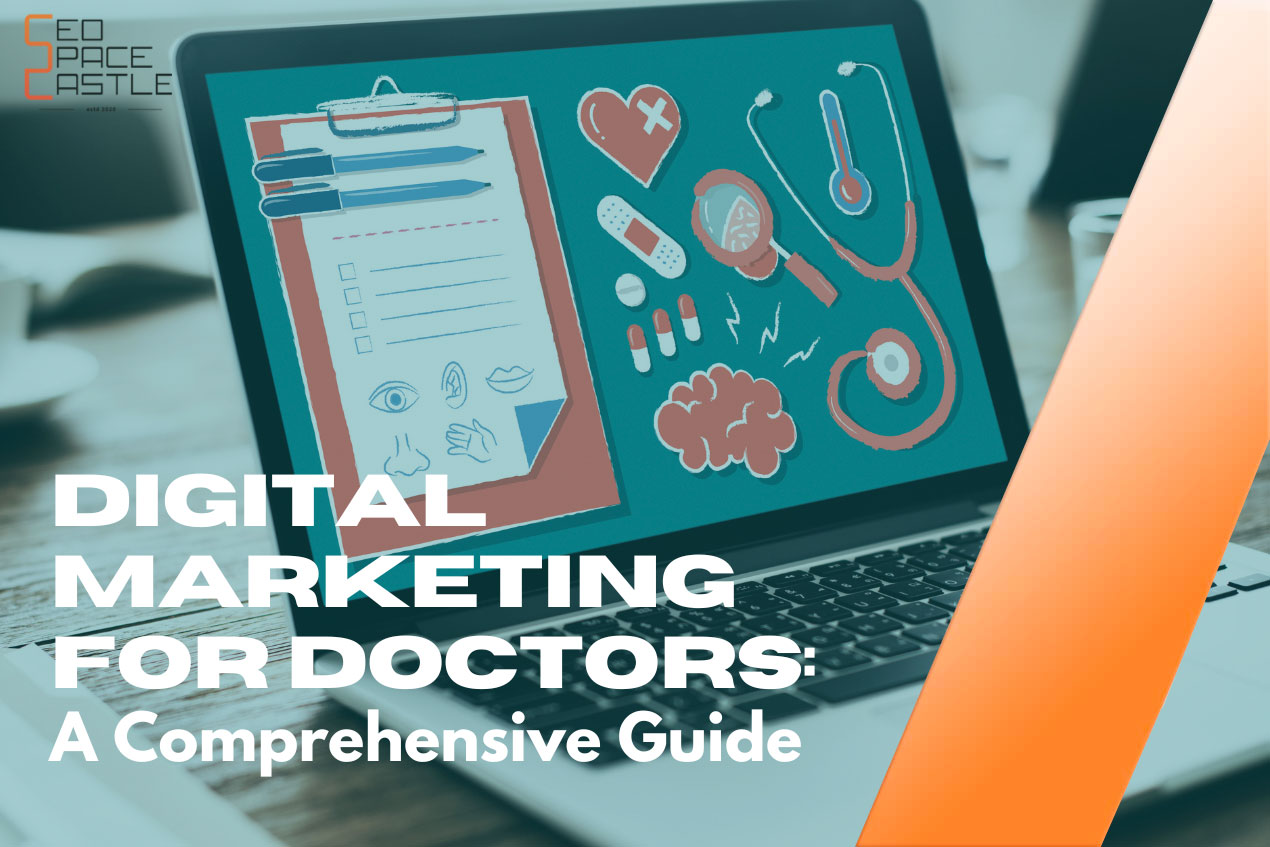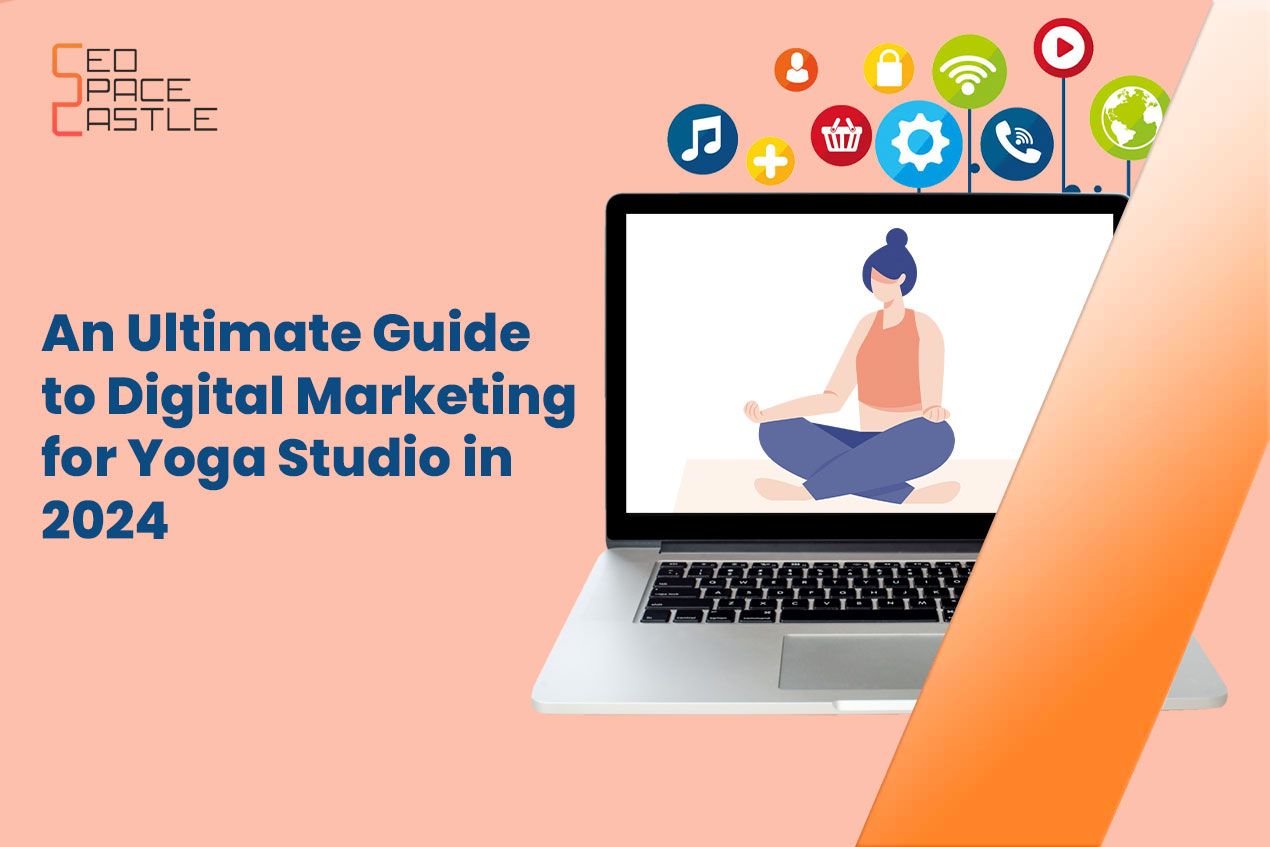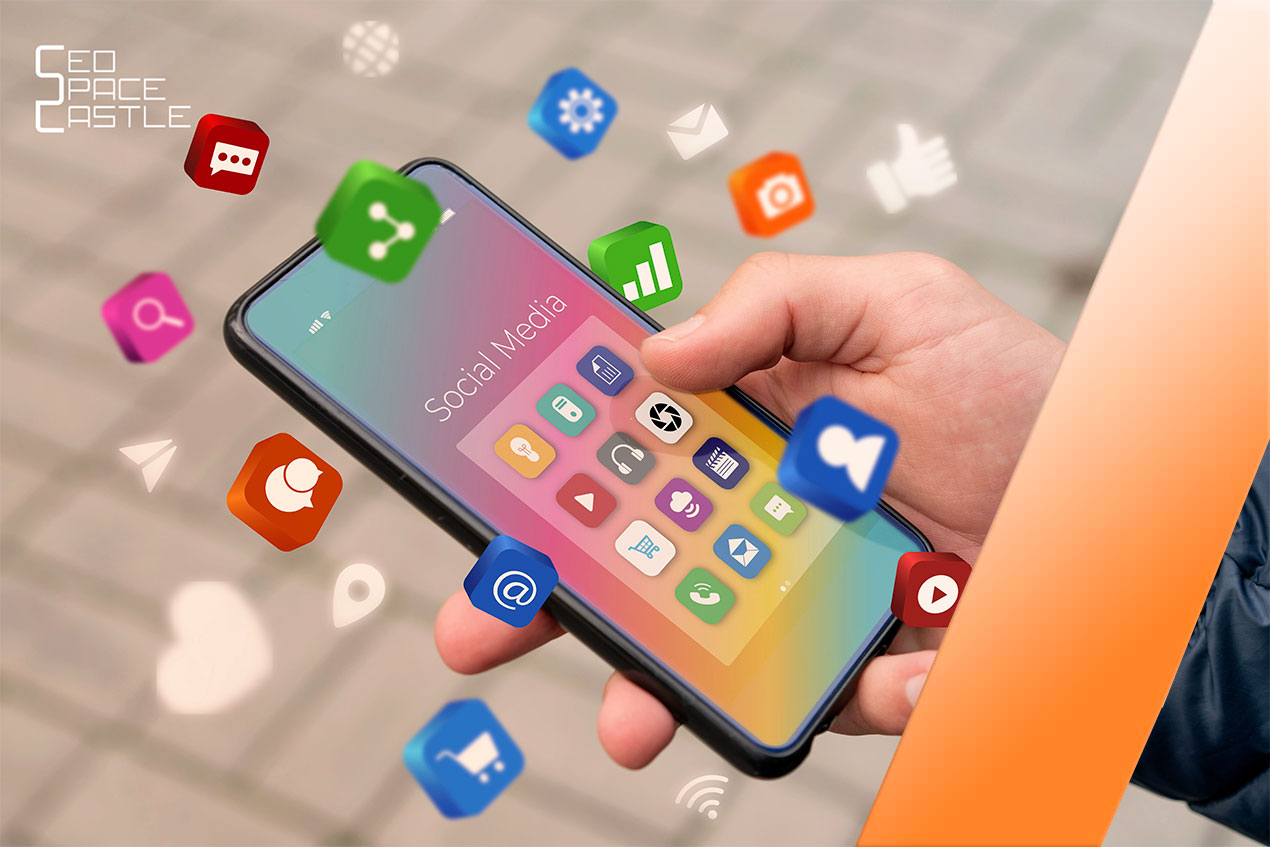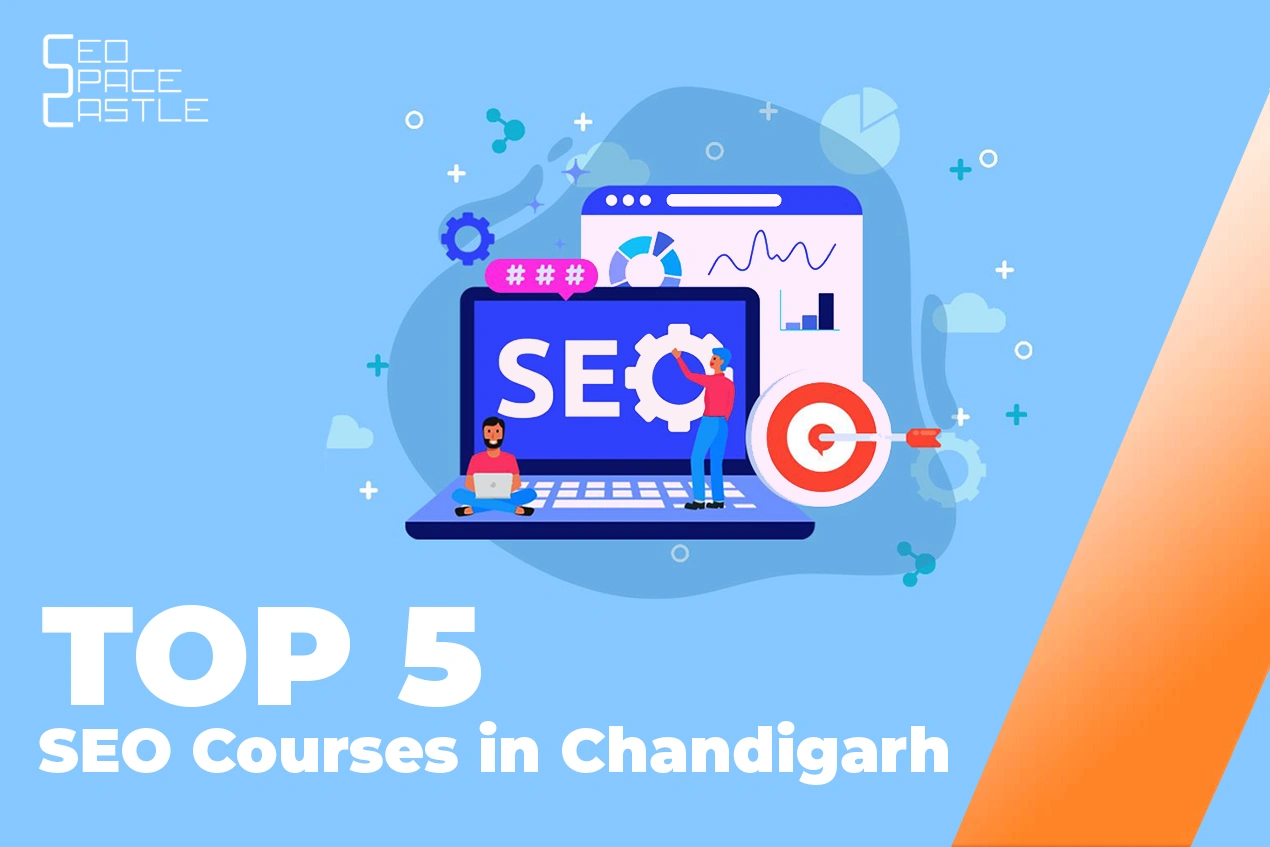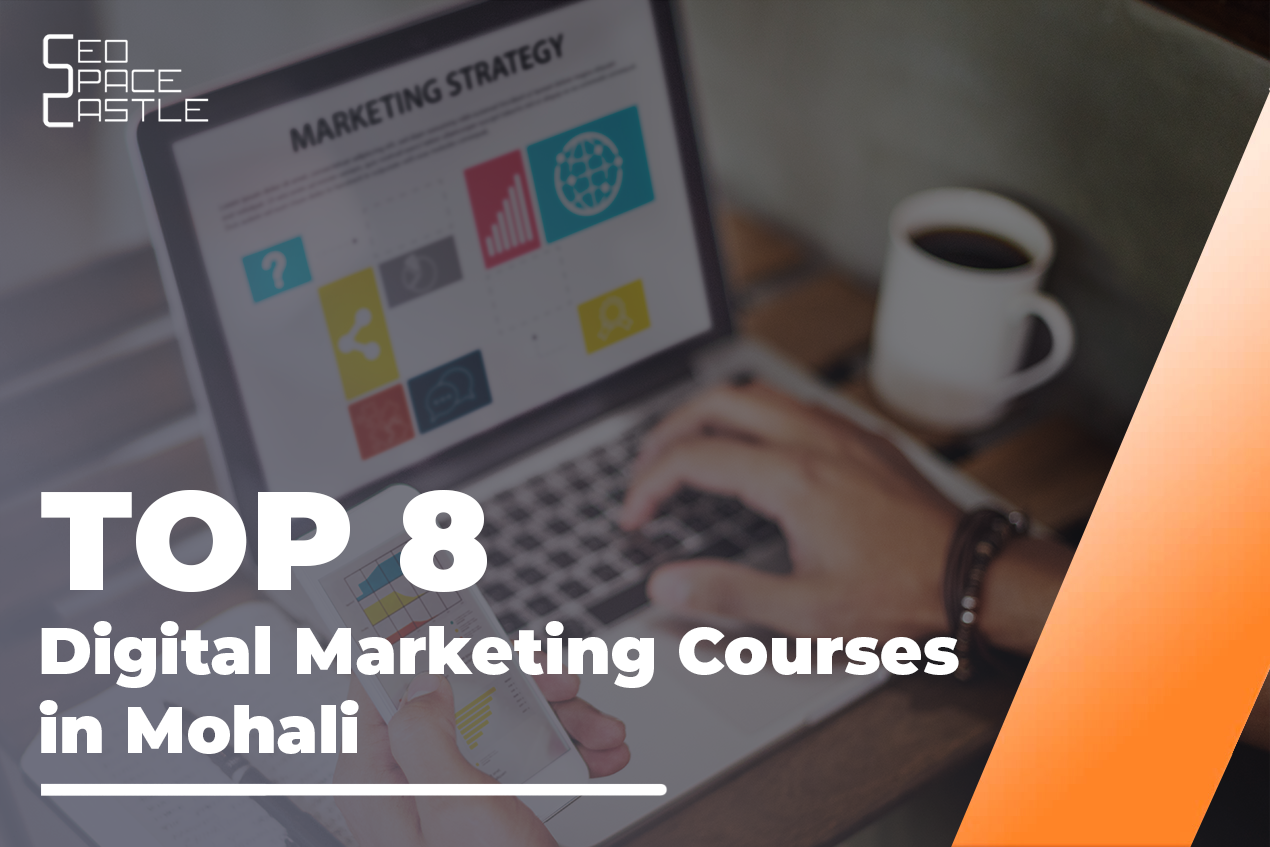In the rapidly evolving landscape of digital marketing, staying ahead of the curve is paramount. One technological advancement that has reshaped the digital marketing landscape is Artificial Intelligence (AI). In this blog post, we will delve into the definition of AI and explore its multifaceted applications in reference to AI in Digital Marketing.
Table of Contents
- Definition and Explanation of AI
- Key Applications of AI in Digital Marketing
- Benefits of AI in Digital Marketing
- Conclusion
- Frequently Asked Questions
Definition and Explanation of AI
Artificial Intelligence refers to the simulation of human intelligence in machines that are programmed to think and learn like humans. This includes tasks such as problem-solving, speech recognition, planning, and decision-making. In digital marketing, AI is leveraged to automate and optimize various processes, leading to more efficient campaigns and enhanced customer experiences. AI has become a game-changer in digital marketing by providing marketers with powerful tools and insights to reach their target audience more effectively. From customer targeting to content creation and optimization, AI is revolutionizing the way businesses connect with their audiences.
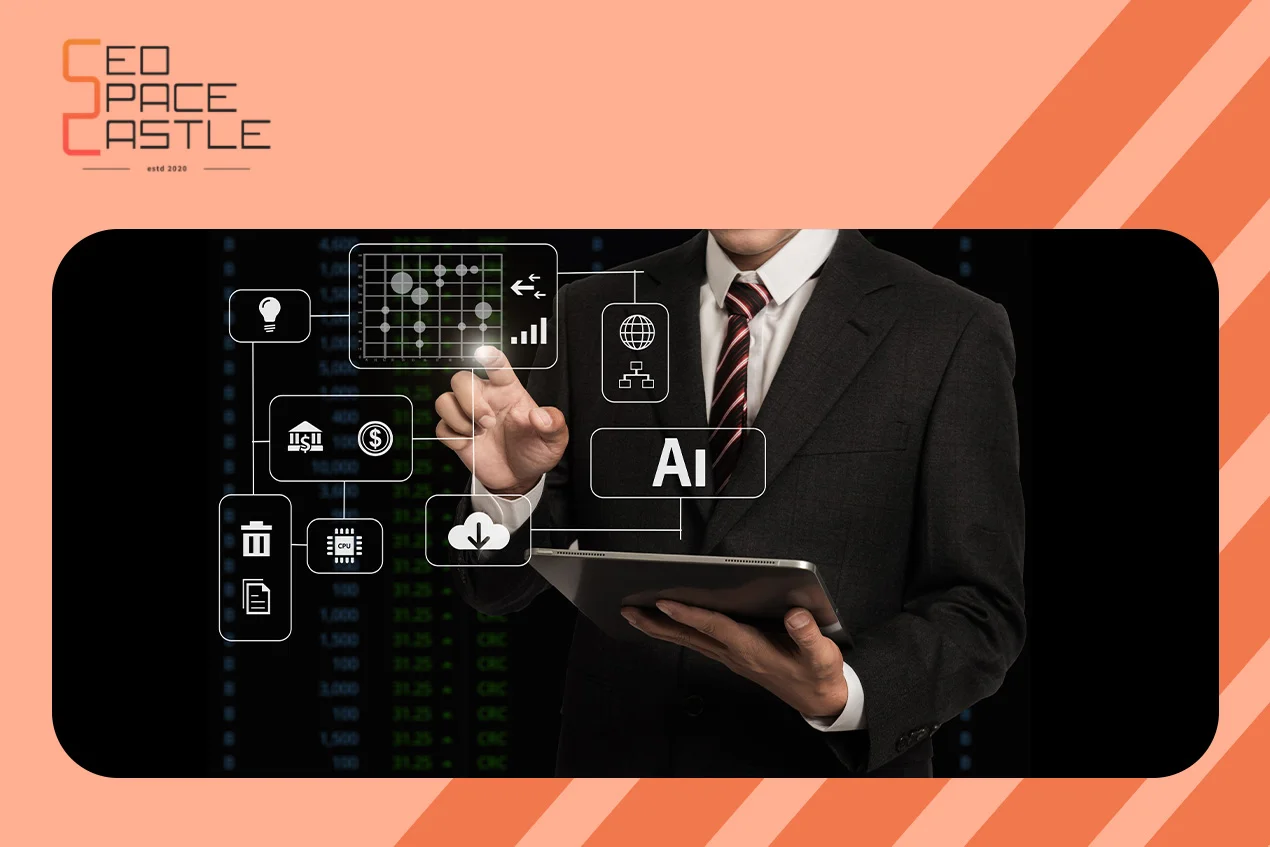
Key Applications of AI in Digital Marketing
1. Customer Segmentation and Targeting
Personalized Marketing through AI Algorithms: AI algorithms analyze vast datasets to understand customer behavior, enabling businesses to create highly personalized marketing campaigns. This leads to more targeted and relevant content, increasing the chances of conversion.
Predictive Analytics for Identifying Potential Customers: By utilizing predictive analytics, AI can identify potential customers based on their online behavior and preferences. This proactive approach allows marketers to reach out to prospects at the right moment, increasing the likelihood of successful conversions.
2. Content Creation and Optimization
AI-Driven Content Generation: AI-powered tools can generate high-quality content quickly and efficiently. These tools analyze data to understand what resonates with the target audience, producing content that aligns with consumer preferences.
Content Optimization using AI Tools: AI assists marketers in optimizing content by analyzing performance data and making data-driven recommendations. This ensures that the content remains relevant and engaging for the audience.
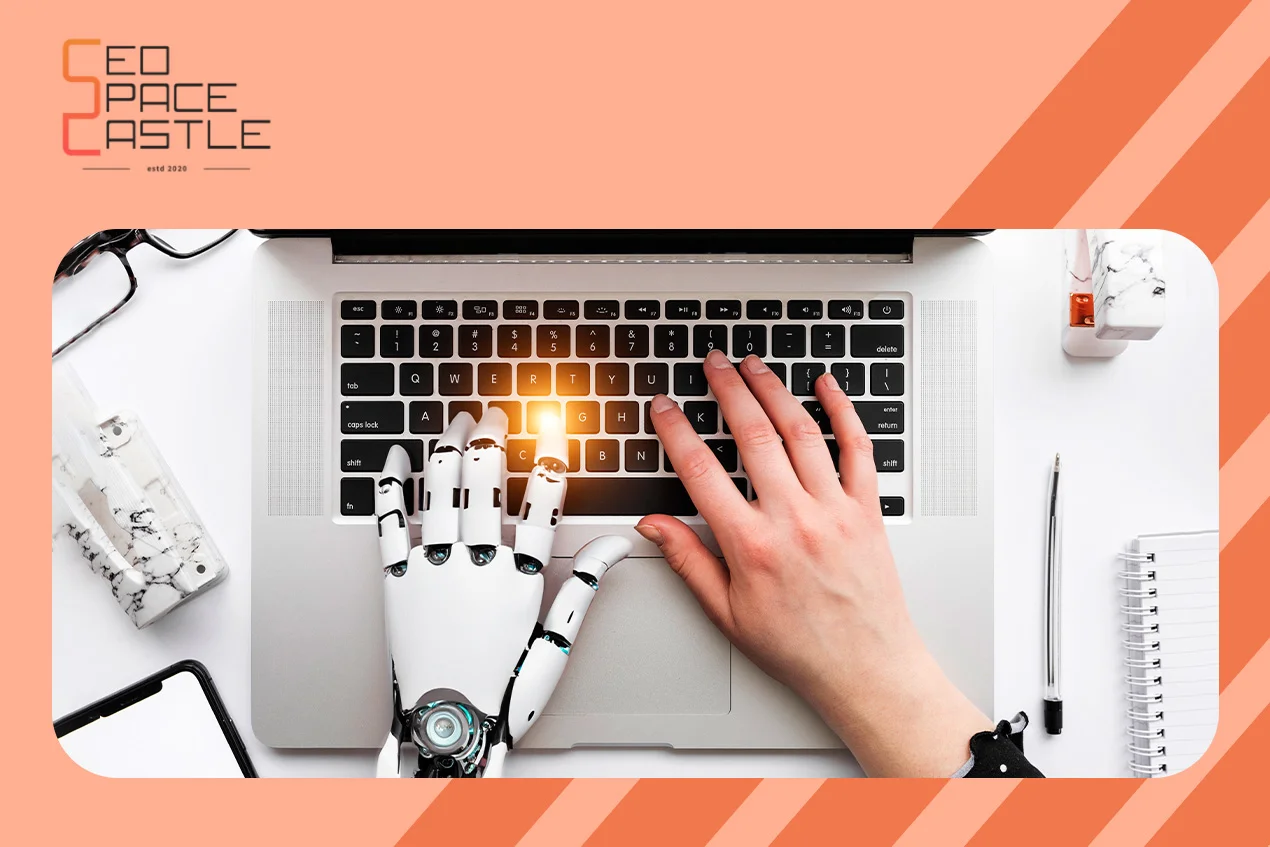
3. Chatbots and Virtual Assistants
Enhancing Customer Engagement with AI-Powered Chatbots: AI-driven chatbots provide real-time assistance, improving customer engagement on websites and social media platforms. They can answer queries, provide product recommendations, and guide customers through the sales funnel.
Improving Customer Support through Virtual Assistants: Virtual assistants powered by AI enhance customer support by providing instant responses and solutions. This not only improves customer satisfaction but also frees up human resources for more complex tasks.
4. Email Marketing
AI in Personalized Email Campaigns: AI analyzes customer data to create personalized email campaigns, tailoring content based on individual preferences and behavior. This results in higher open rates, click-through rates, and overall campaign success.
Automated Email Response and Segmentation: AI automates email responses and segmentation, ensuring that customers receive timely and relevant information. This saves time for marketers and enhances the customer experience.
5. Search Engine Optimization (SEO)
AI's Role in Optimizing Content for Search Engines: AI algorithms help businesses optimize their content for search engines by analyzing keywords, trends, and user behavior. This ensures that content ranks higher in search engine results, driving organic traffic.
Predictive SEO Strategies Using Machine Learning: Machine learning algorithms predict changes in search engine algorithms and user behavior, allowing marketers to stay ahead in their SEO strategies. This proactive approach is crucial for maintaining visibility in search results.
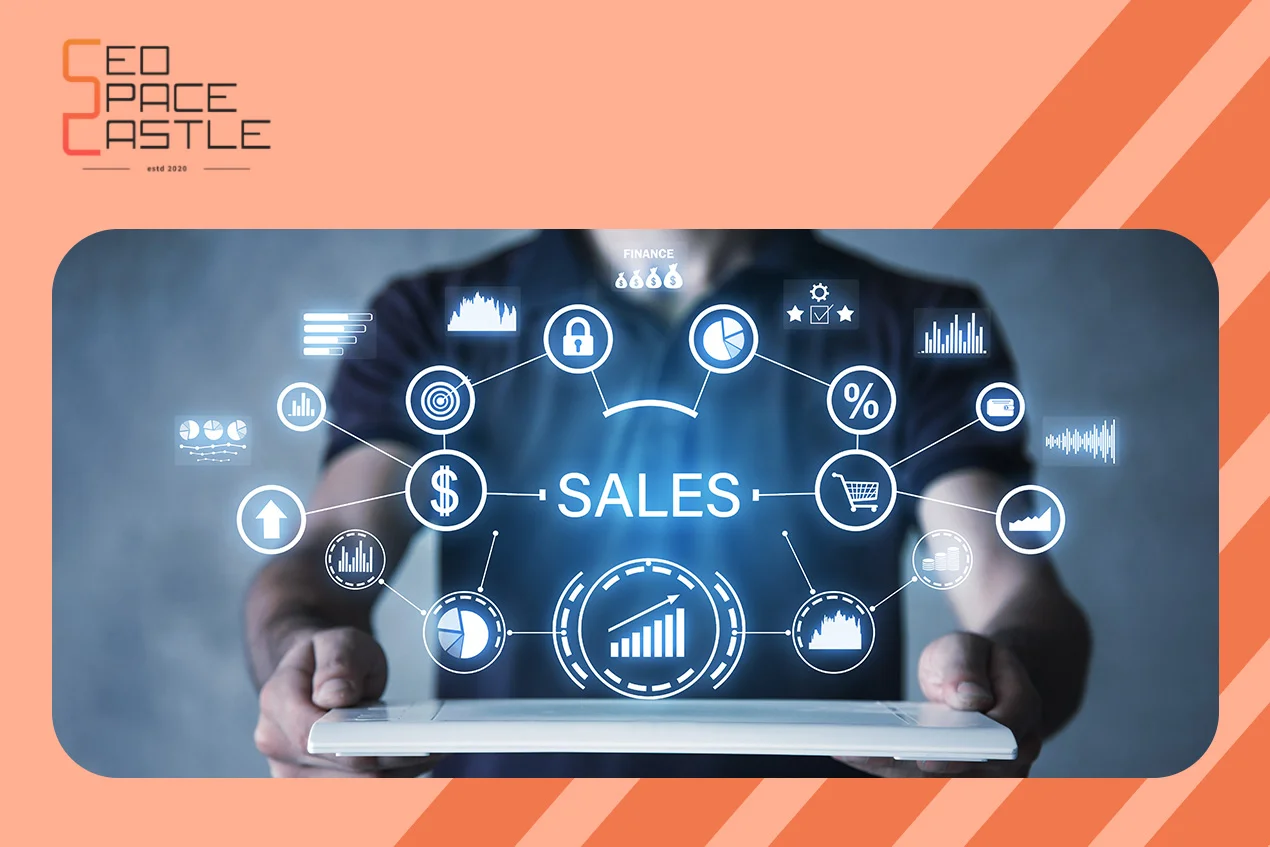
6. Social Media Marketing
AI for Social Media Analytics and Insights: AI tools analyze social media data to provide valuable insights into audience behavior, preferences, and trends. This information helps marketers tailor their social media strategies for maximum impact.
Automated Social Media Posting and Scheduling: AI automates the scheduling and posting of content on social media platforms. This ensures a consistent and timely presence, even in different time zones, leading to increased visibility and engagement.
Benefits of AI in Digital Marketing
I.) Improved Efficiency and Productivity
The automation capabilities of AI reduce manual workloads, allowing marketers to focus on strategic and creative aspects of their campaigns. This leads to improved efficiency and productivity across marketing processes.
II.) Enhanced Personalization and Customer Experience
AI's ability to analyze vast datasets enables businesses to create highly personalized experiences for their customers. This level of personalization enhances customer satisfaction and builds brand loyalty.
III.) Data-Driven Decision Making
AI processes and interprets large datasets, providing marketers with valuable insights for informed decision-making. This data-driven approach leads to more effective strategies and better campaign outcomes.
IV.) Real-time Analytics and Reporting
AI enables real-time analytics and reporting, allowing marketers to monitor campaign performance as it happens. This agility allows for quick adjustments and optimizations, ensuring campaigns stay on track.
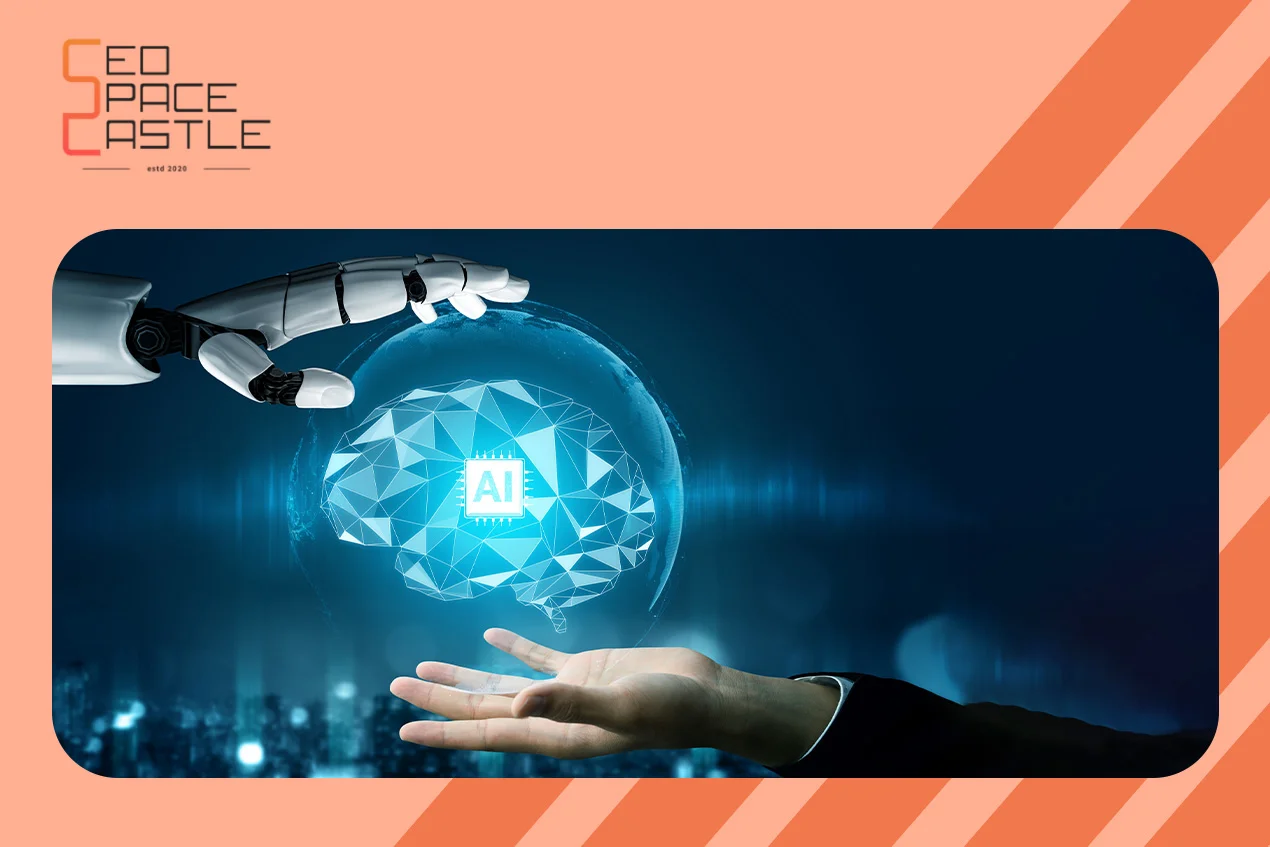
Conclusion
In conclusion, Artificial Intelligence has become an indispensable tool in the world of digital marketing. Its applications, from customer segmentation to content optimization, have transformed the way businesses connect with their audiences. As technology continues to evolve, embracing AI is not just a choice; it is a strategic imperative for any forward-thinking digital marketer aiming to stay ahead in the competitive landscape. By harnessing the power of AI in digital marketing, marketers can unlock new possibilities and drive unprecedented success in their digital marketing efforts.



